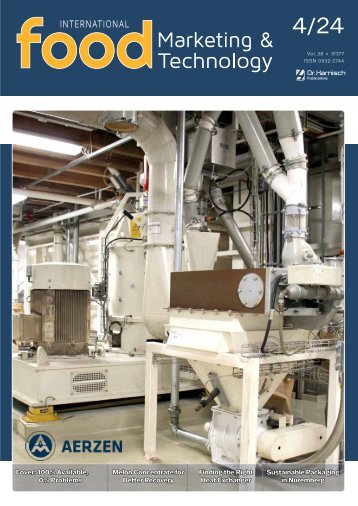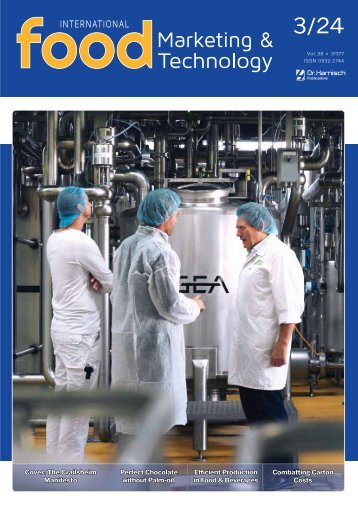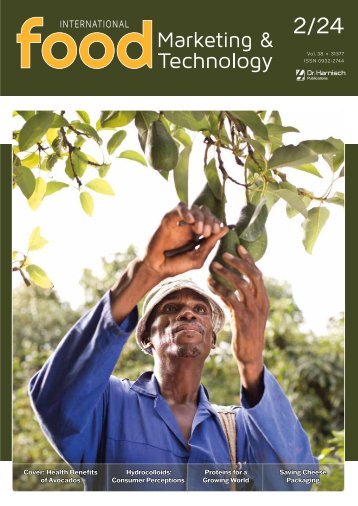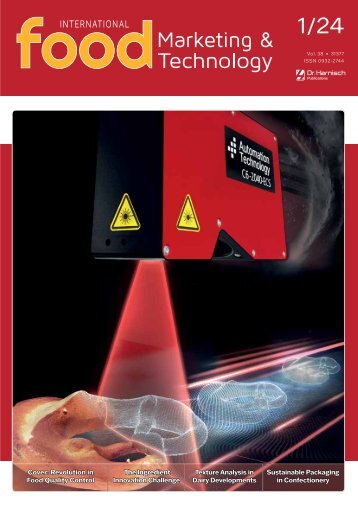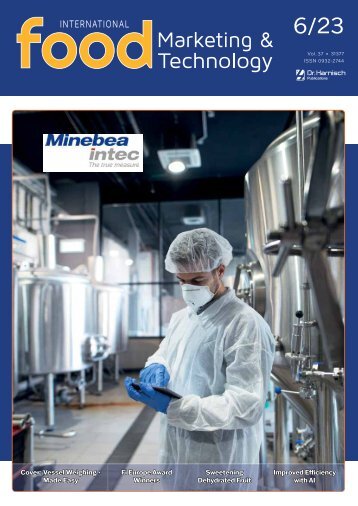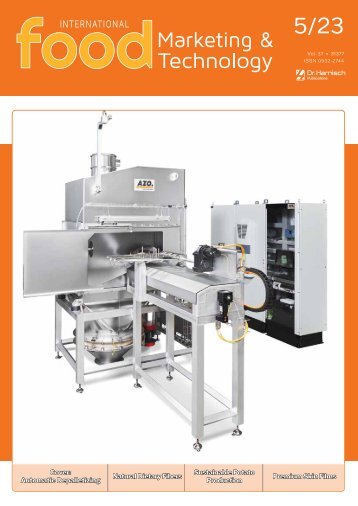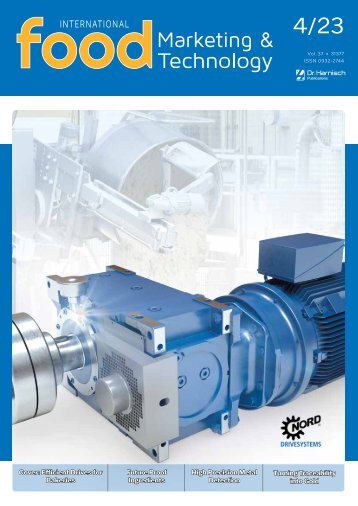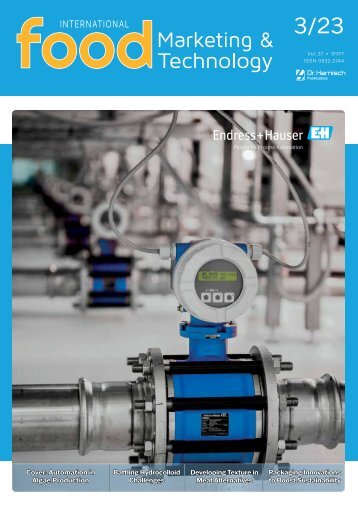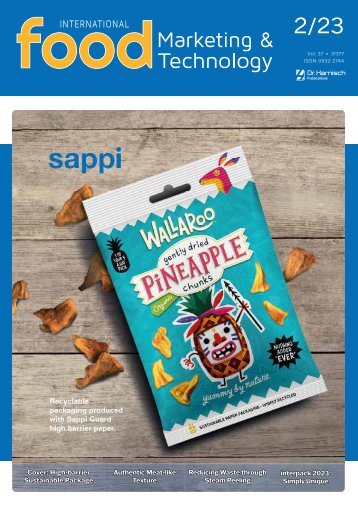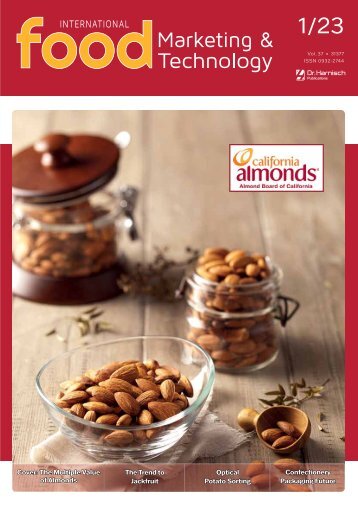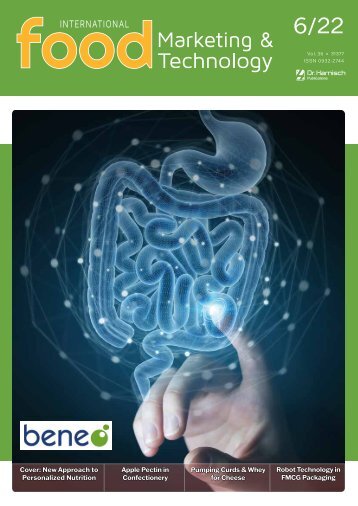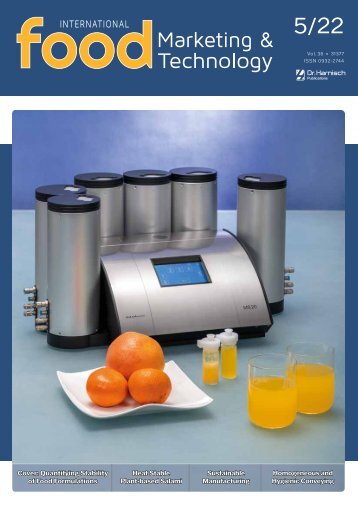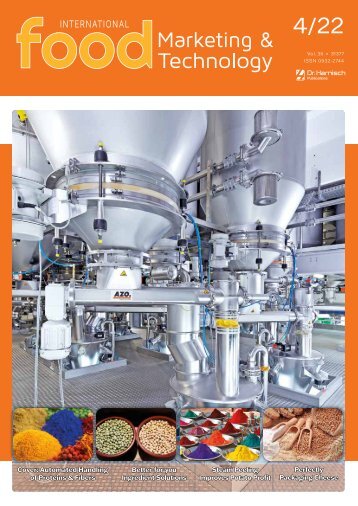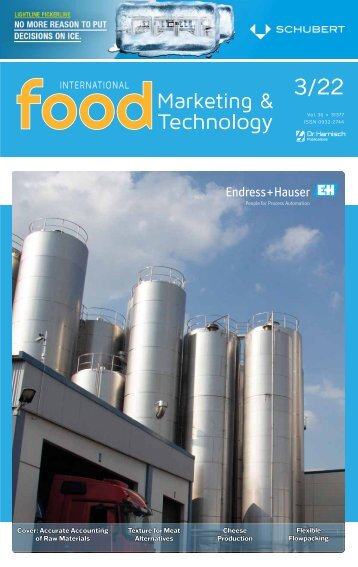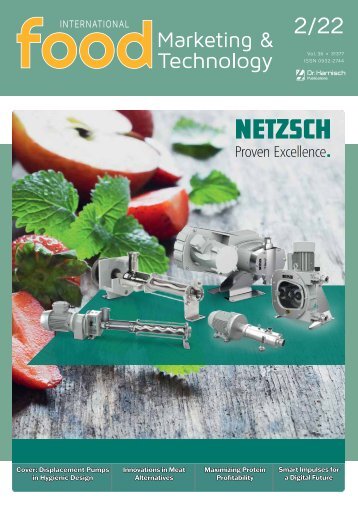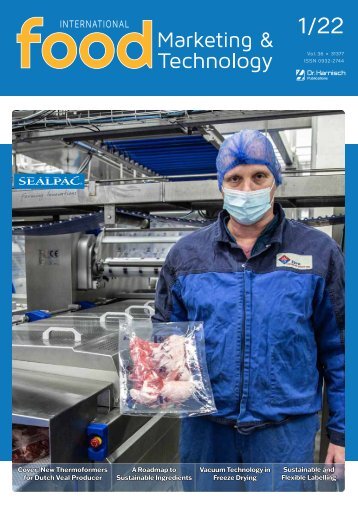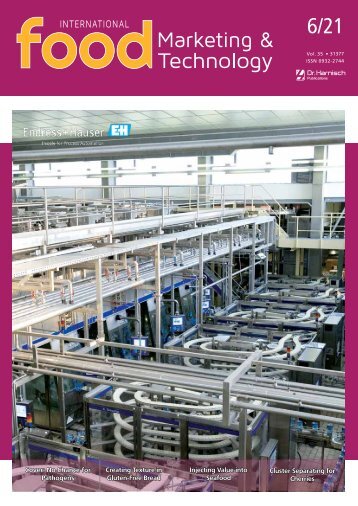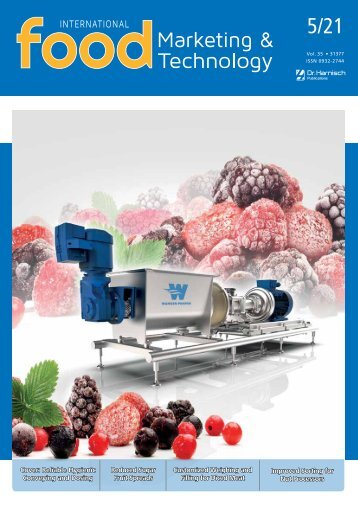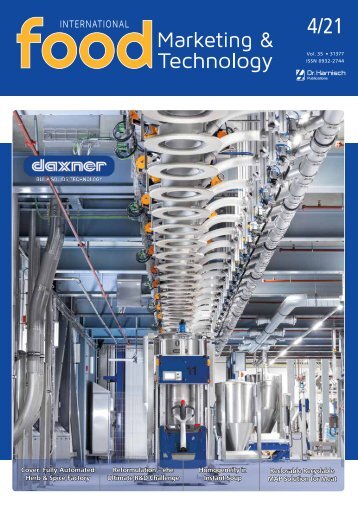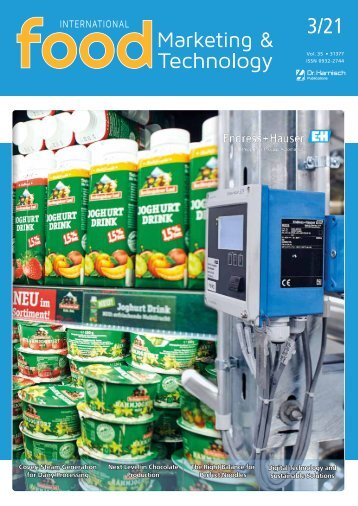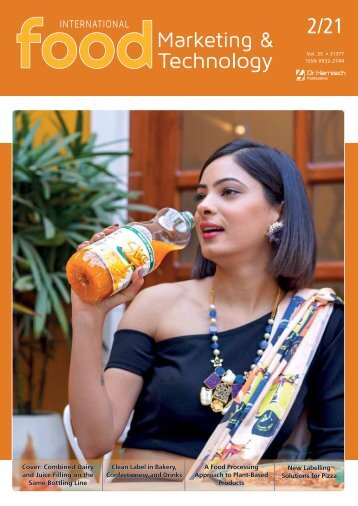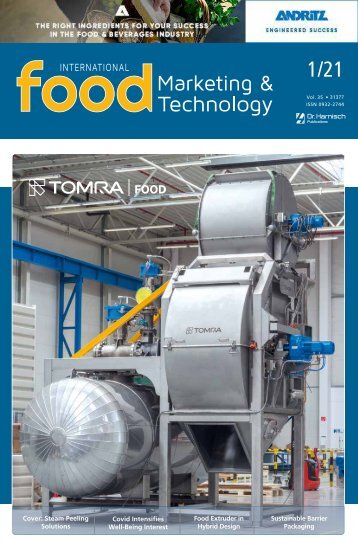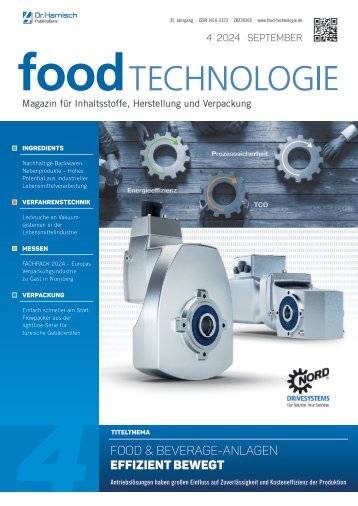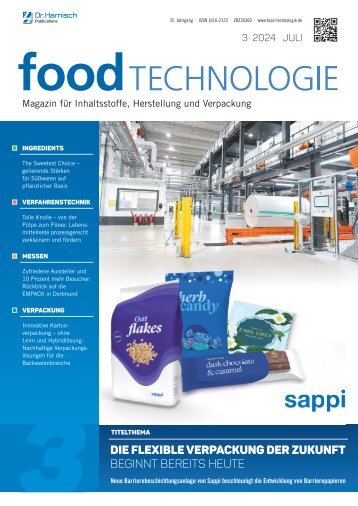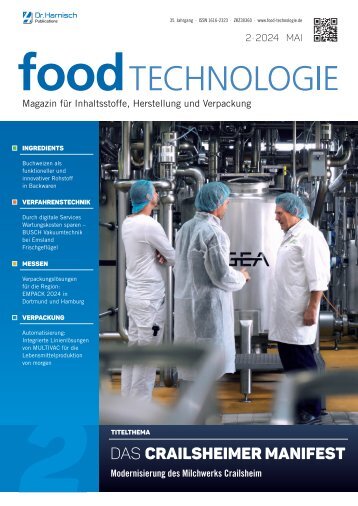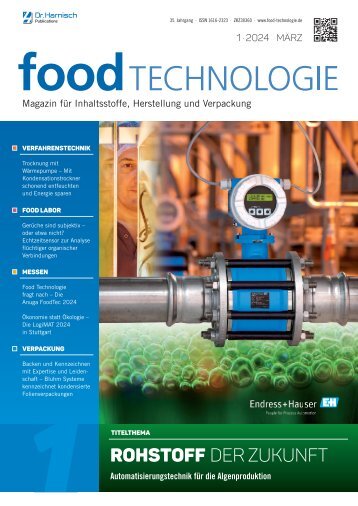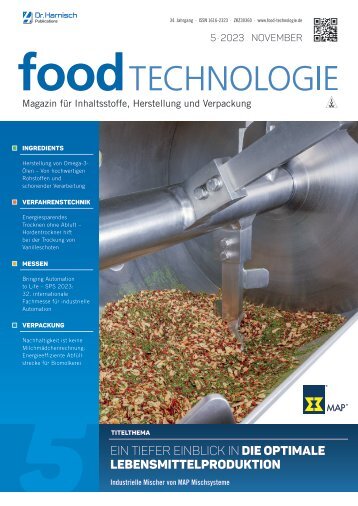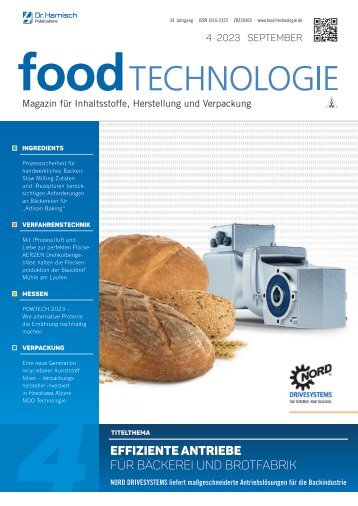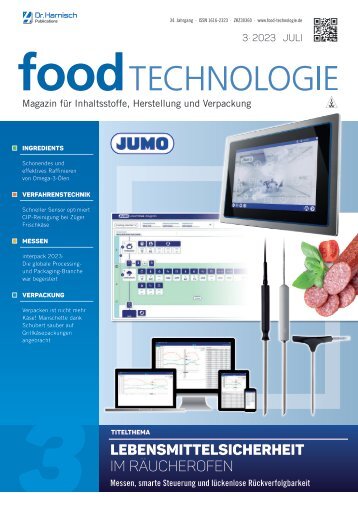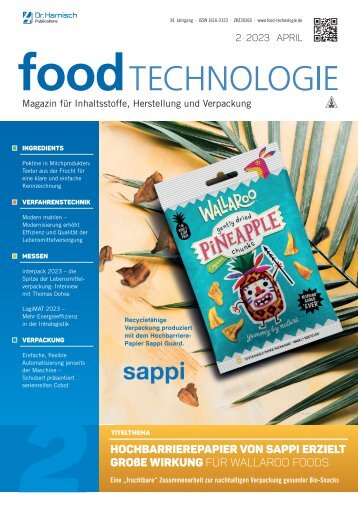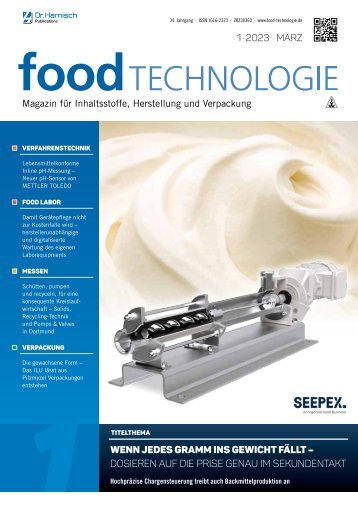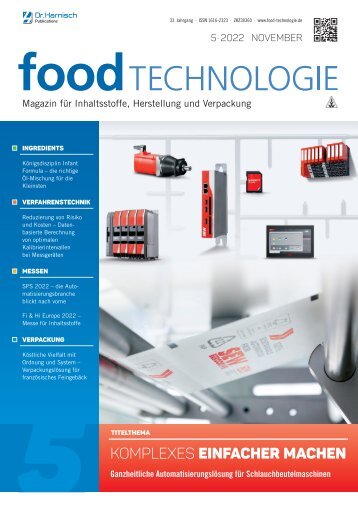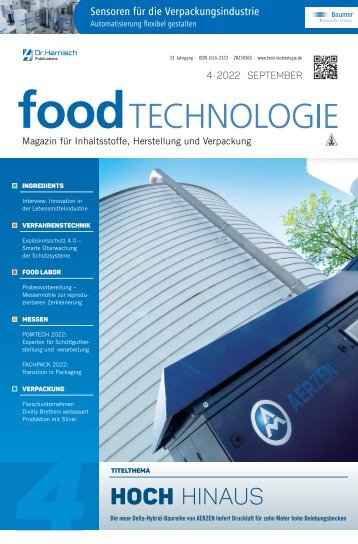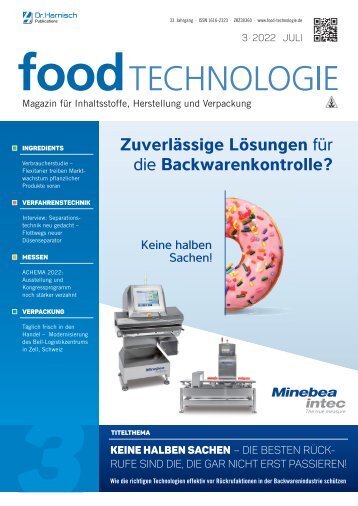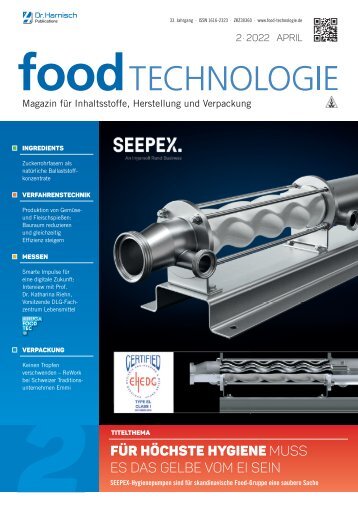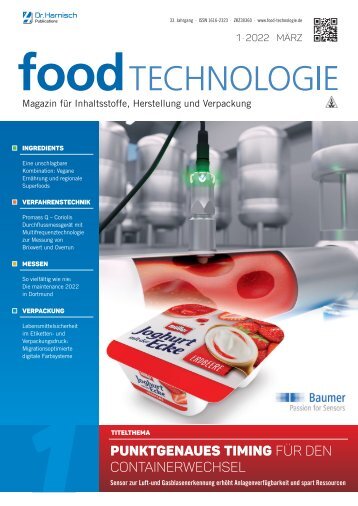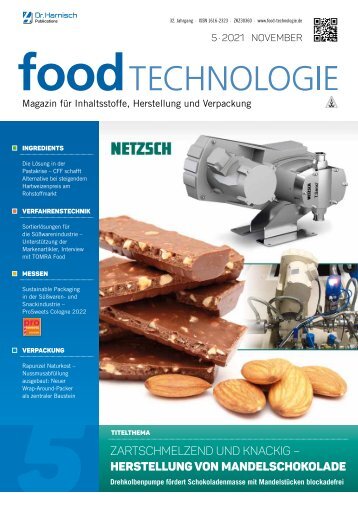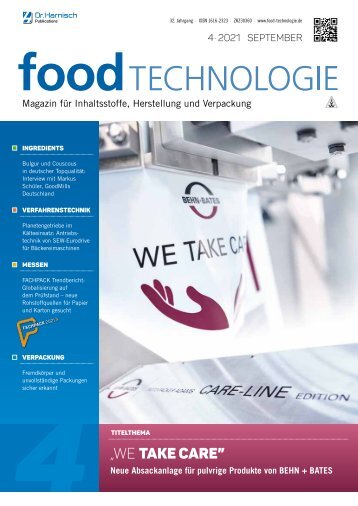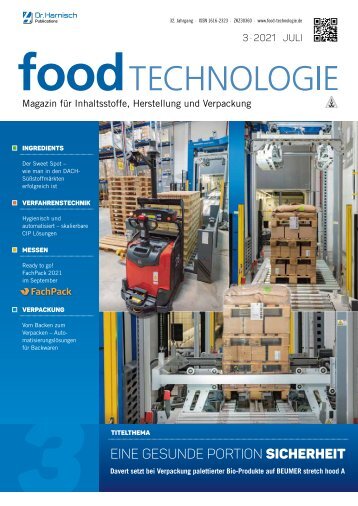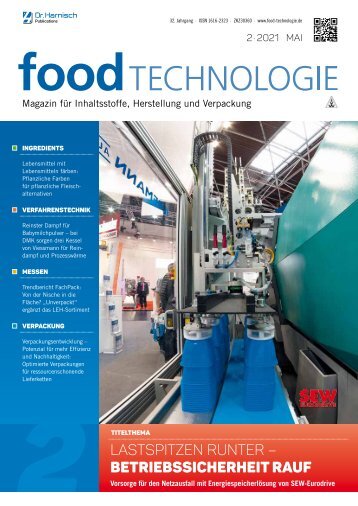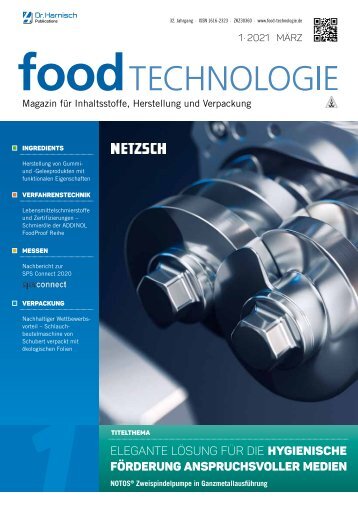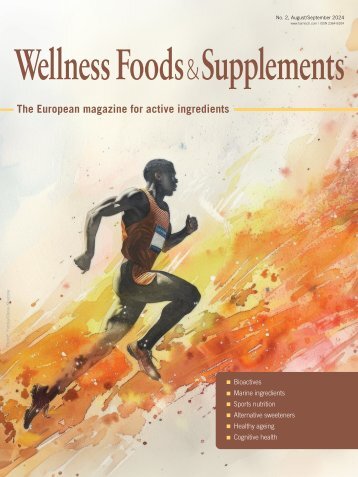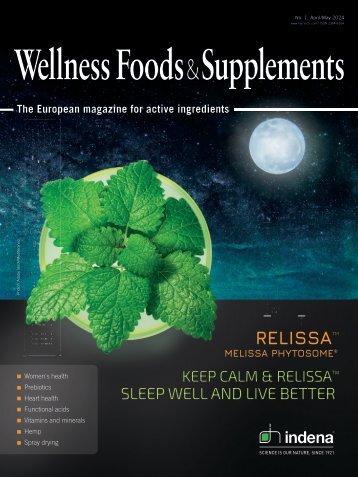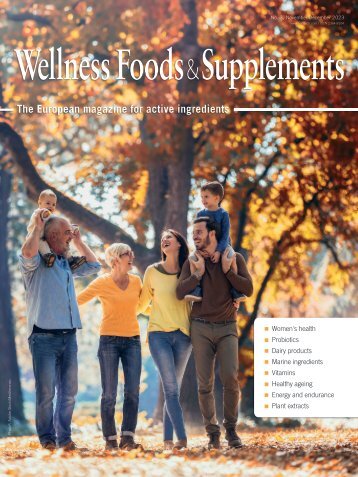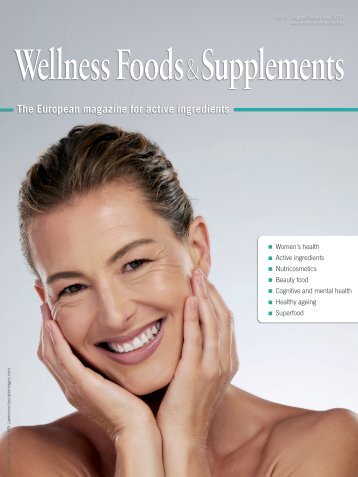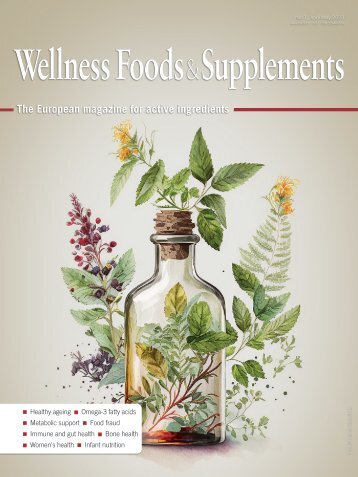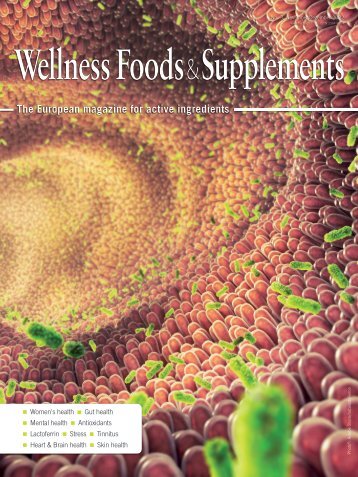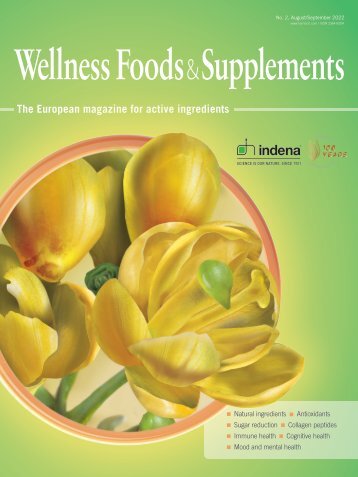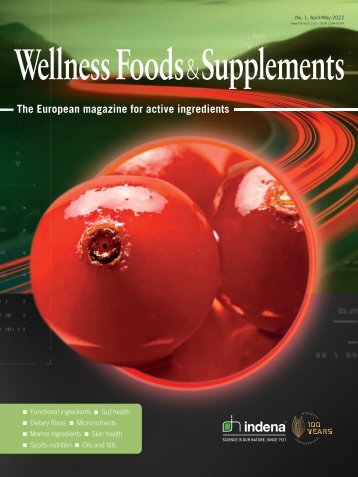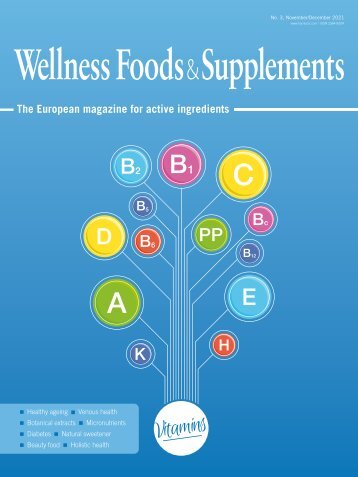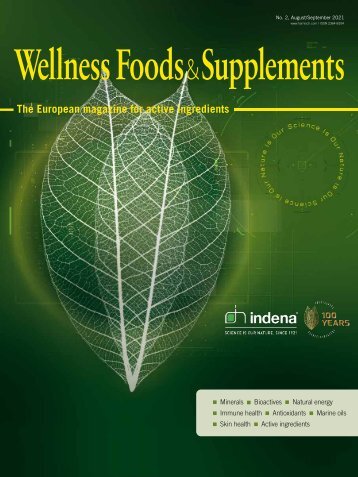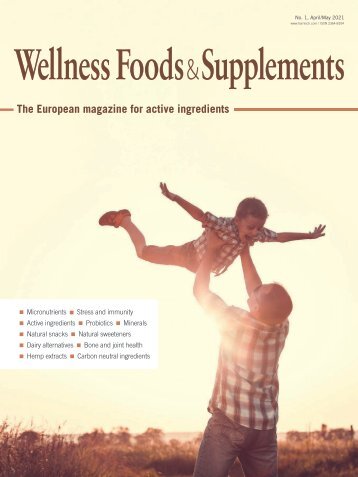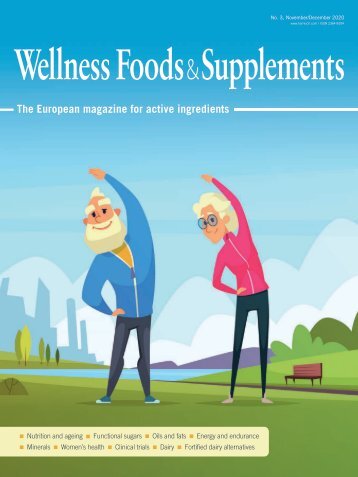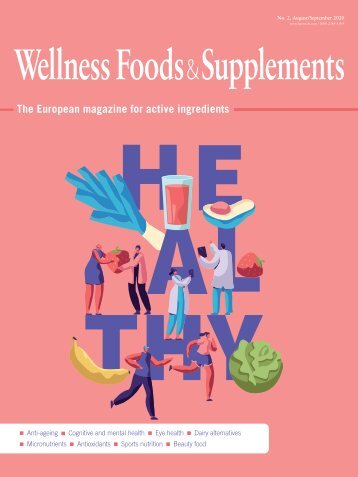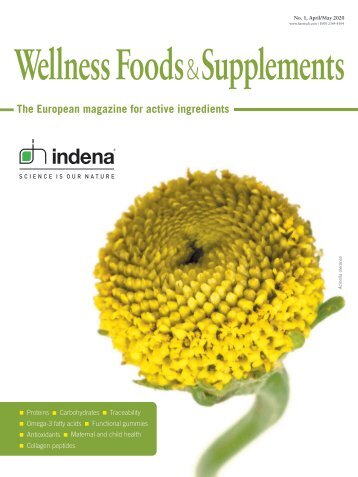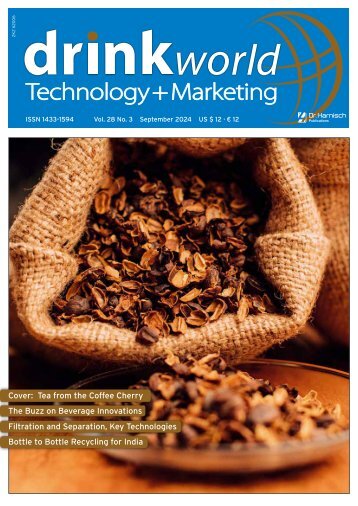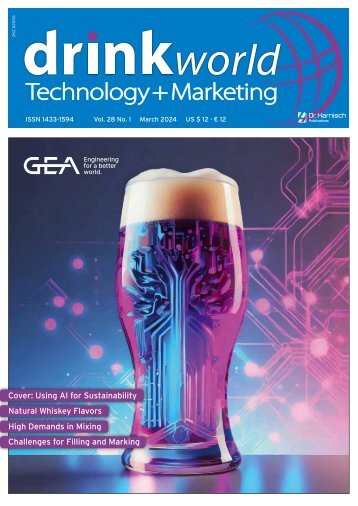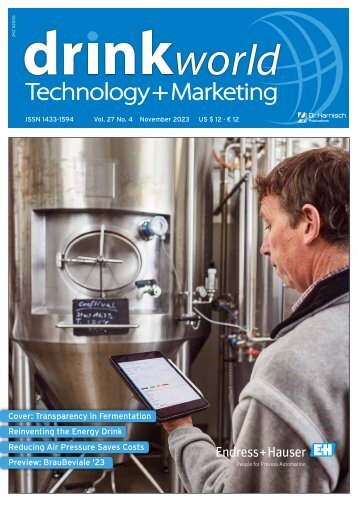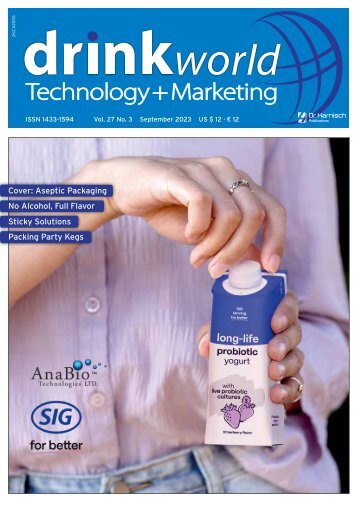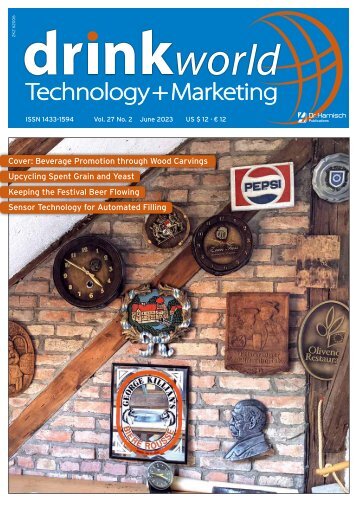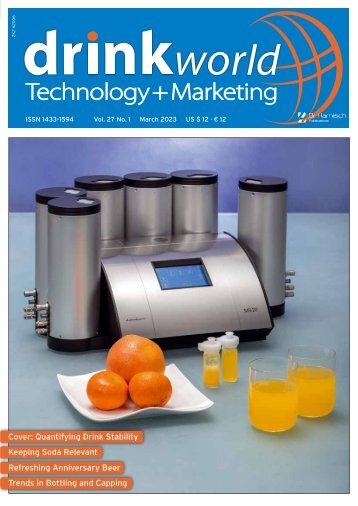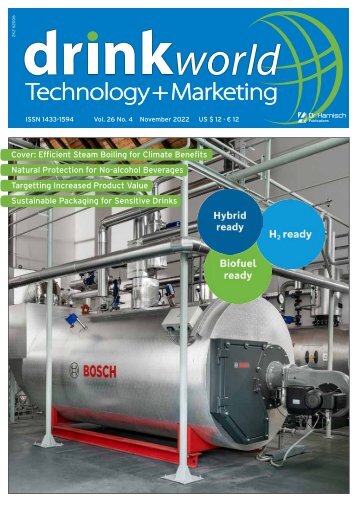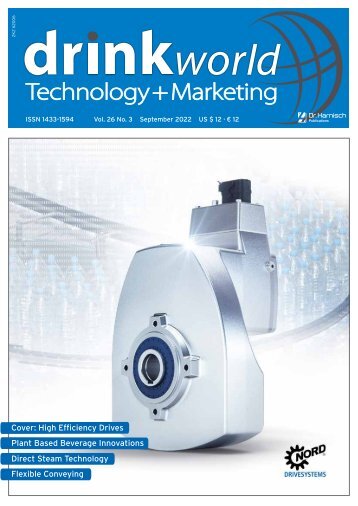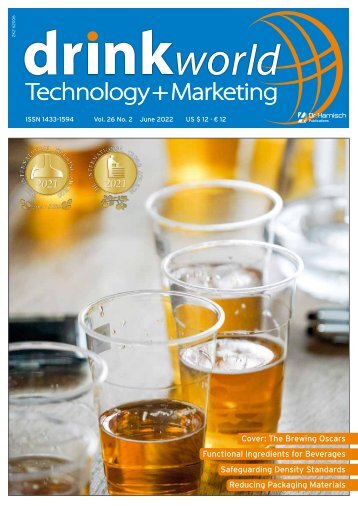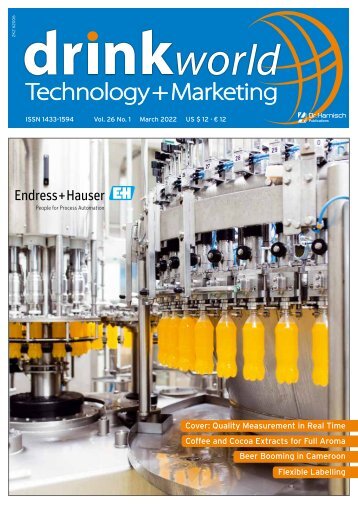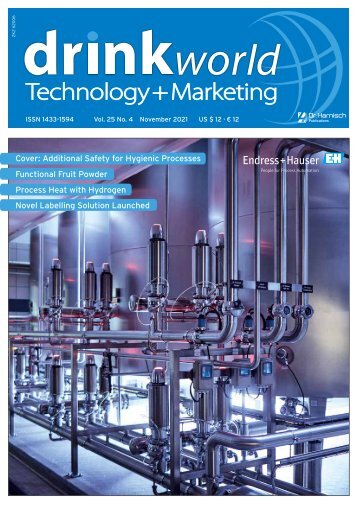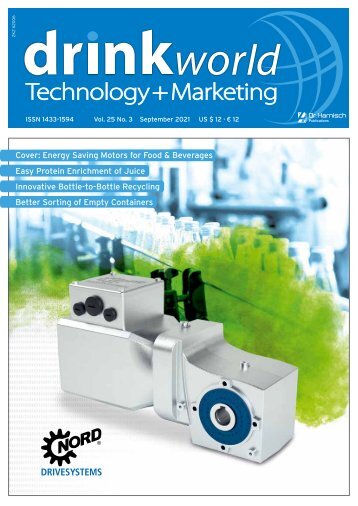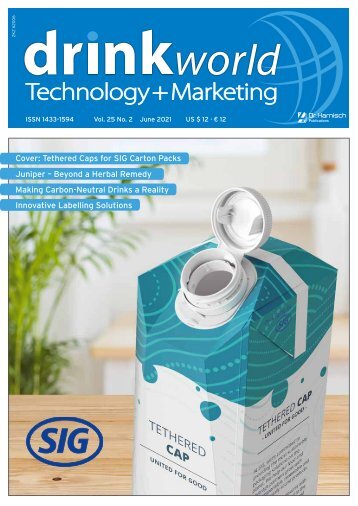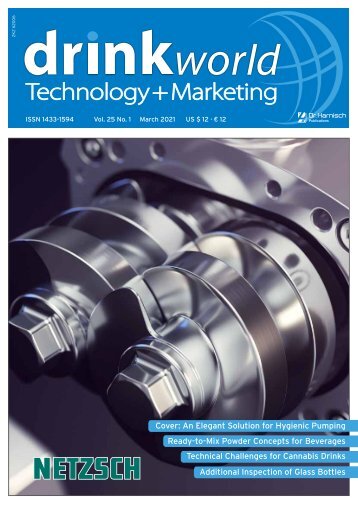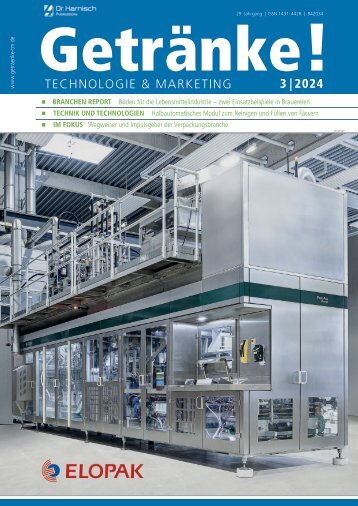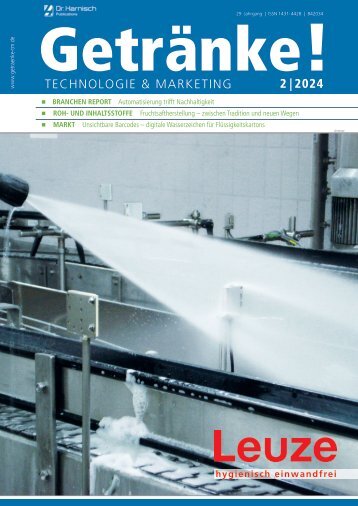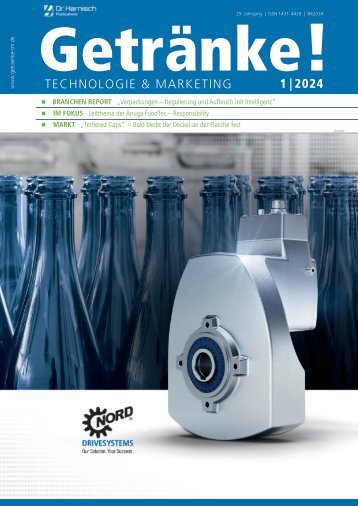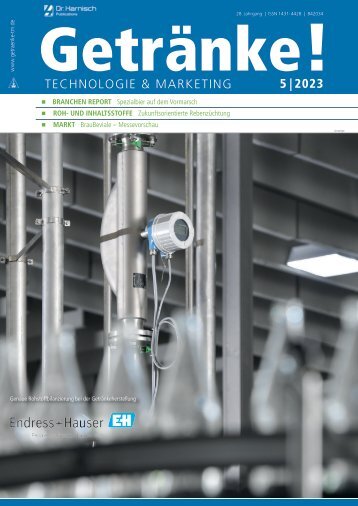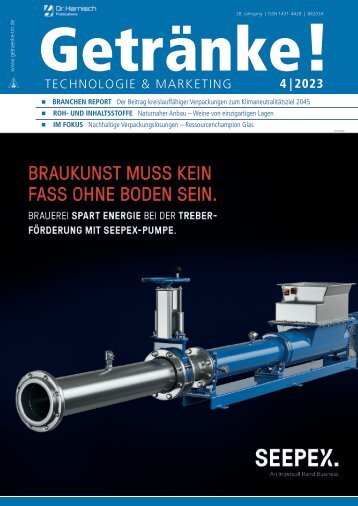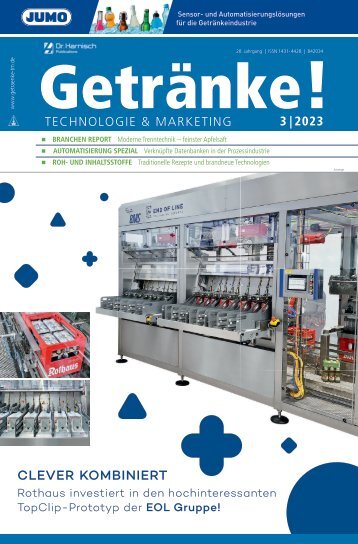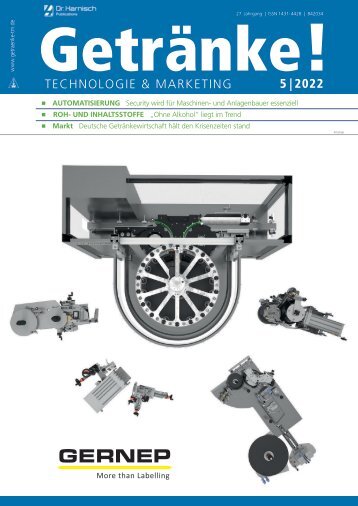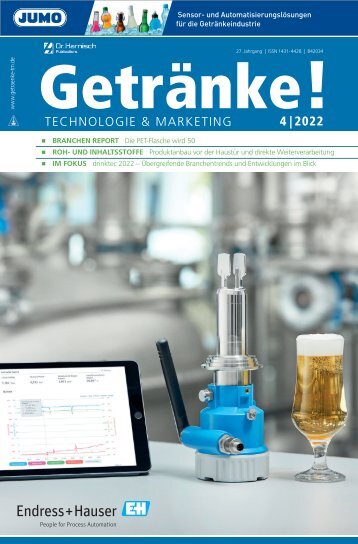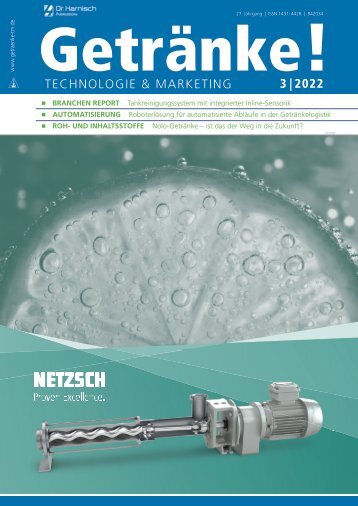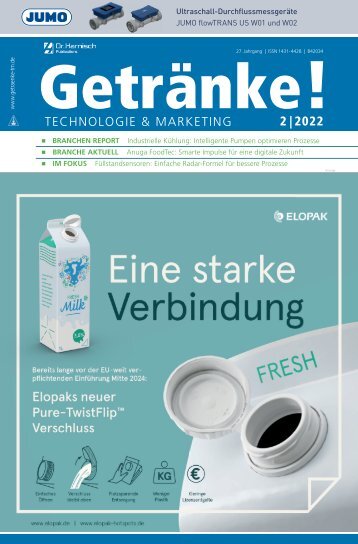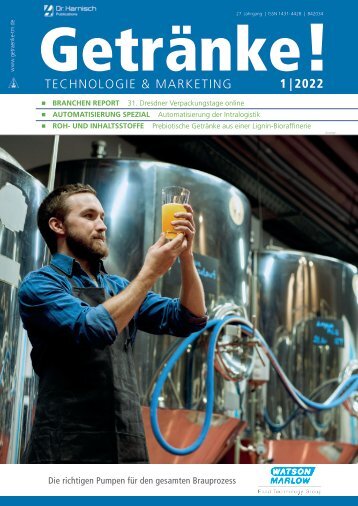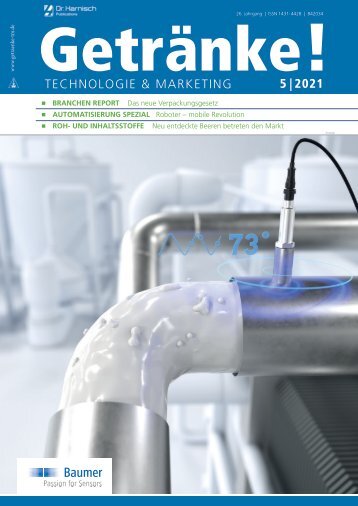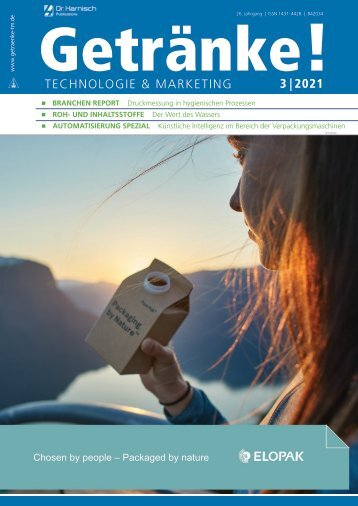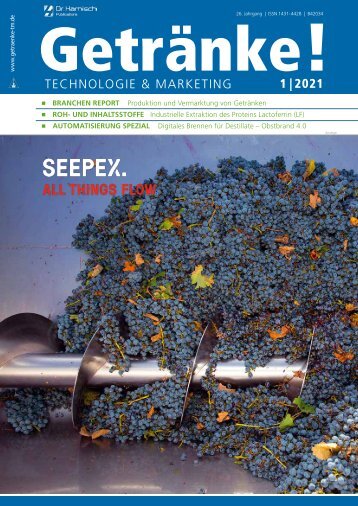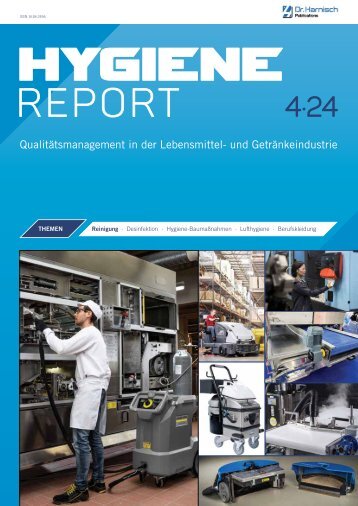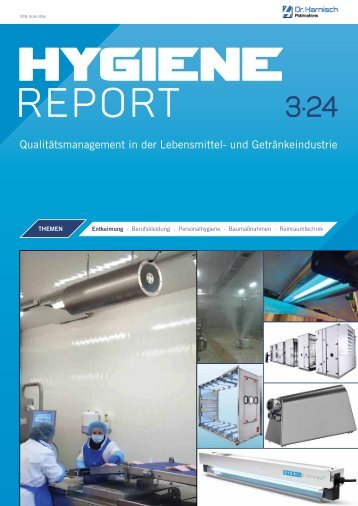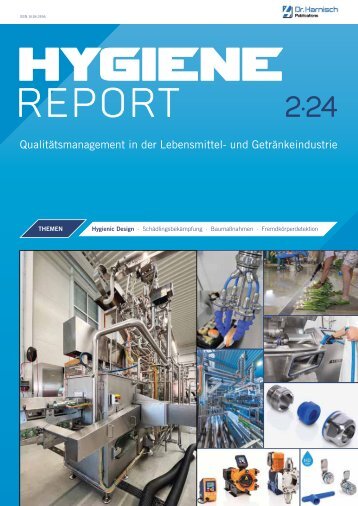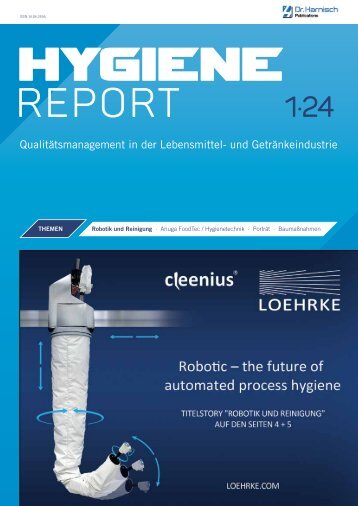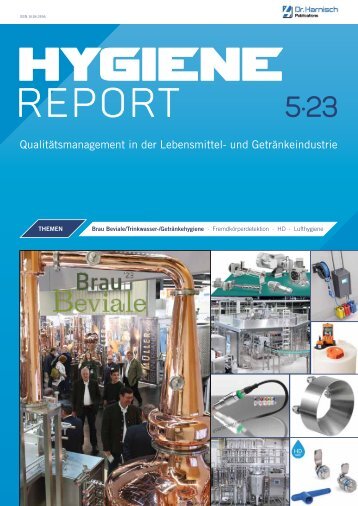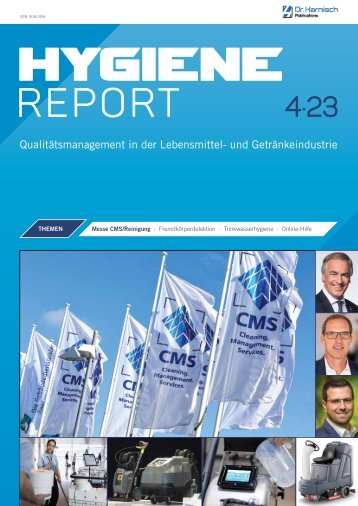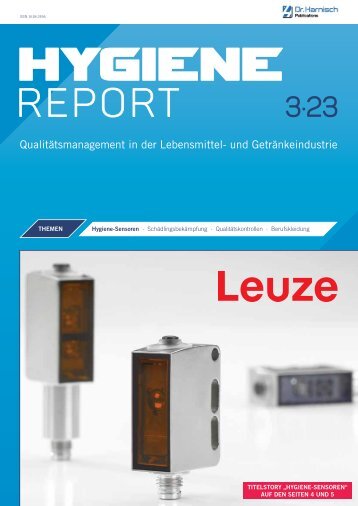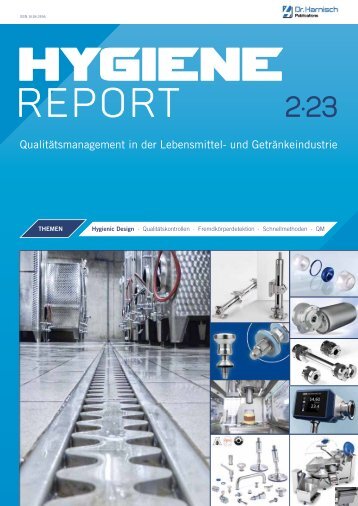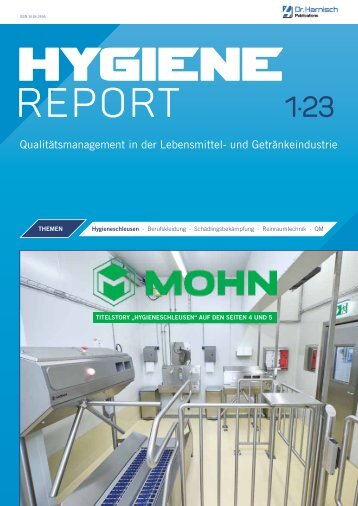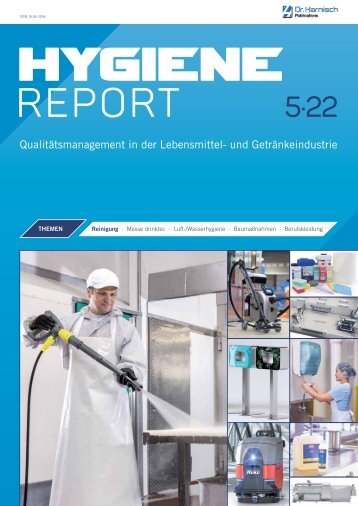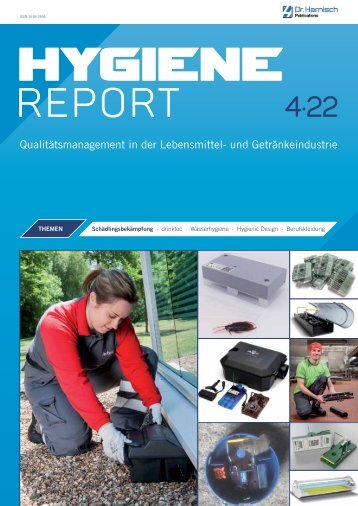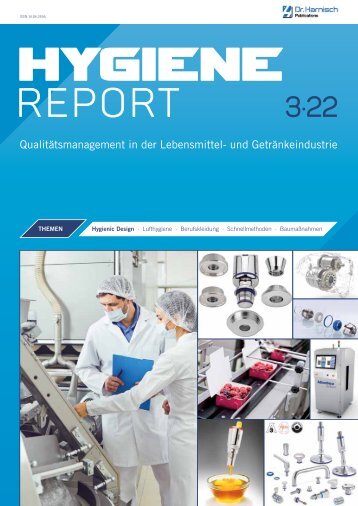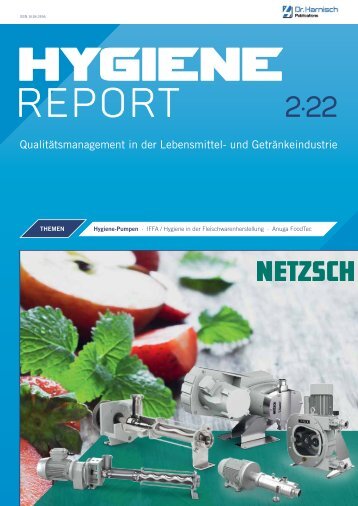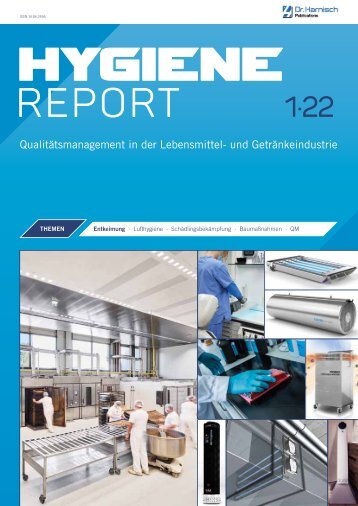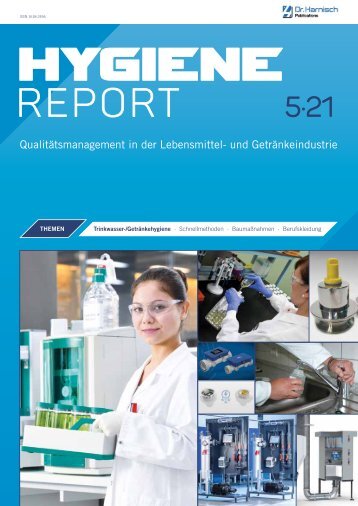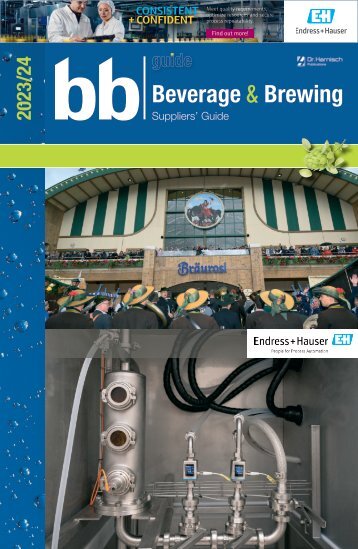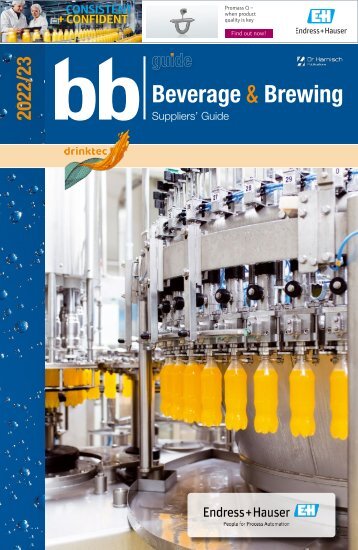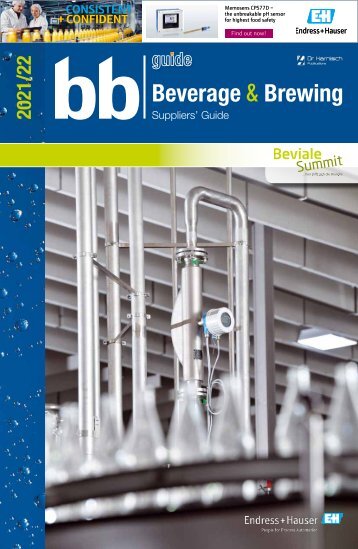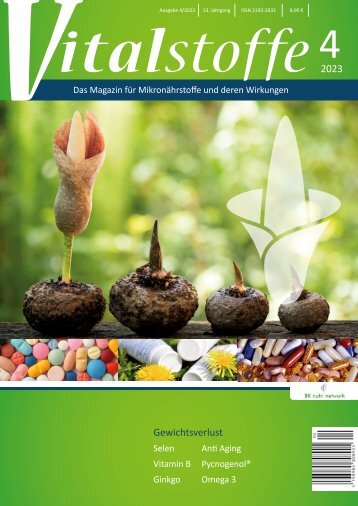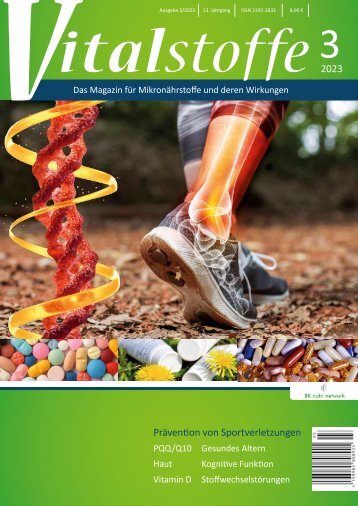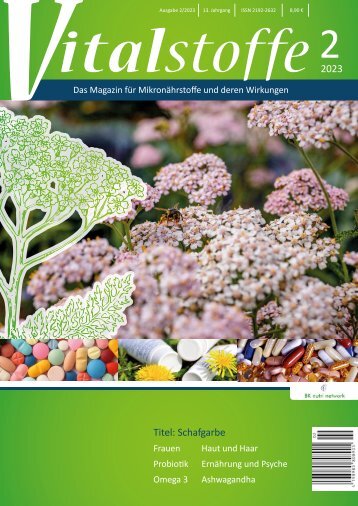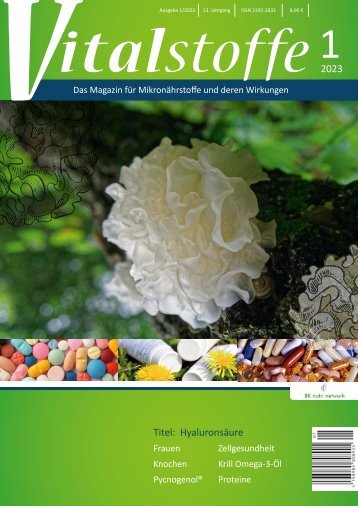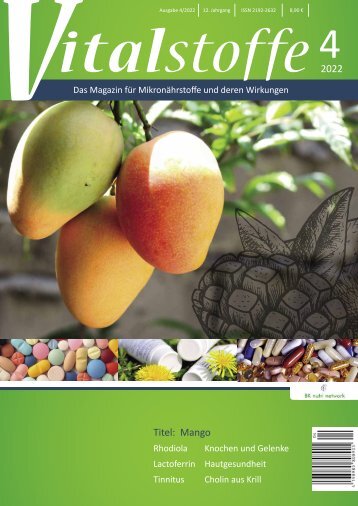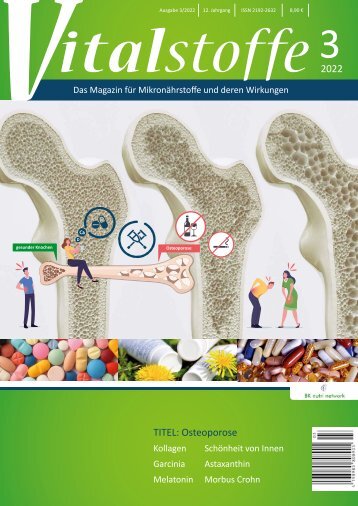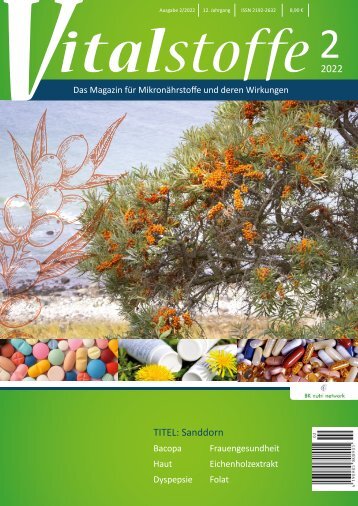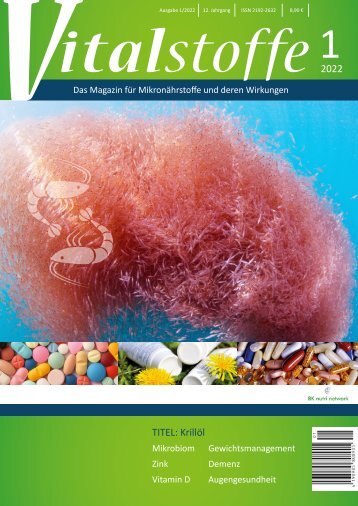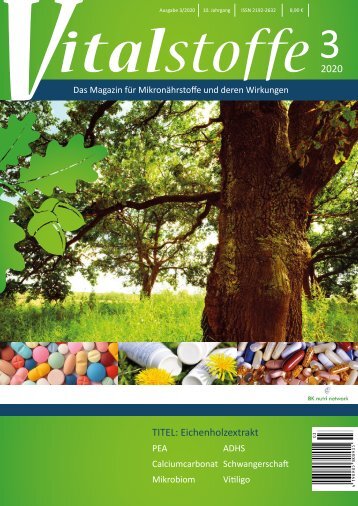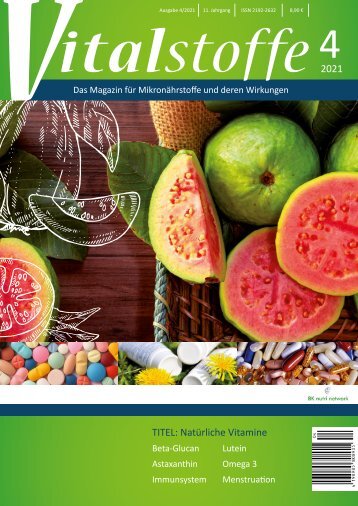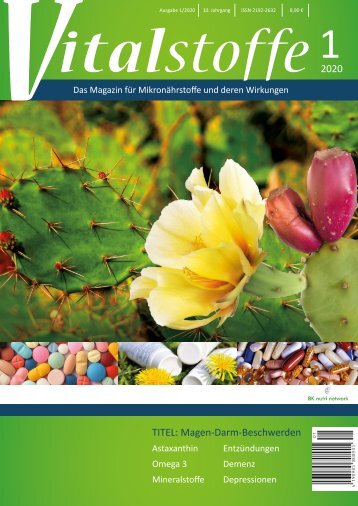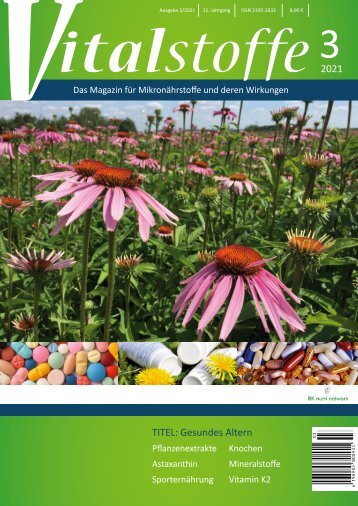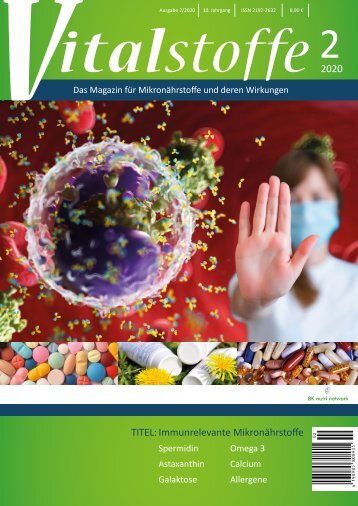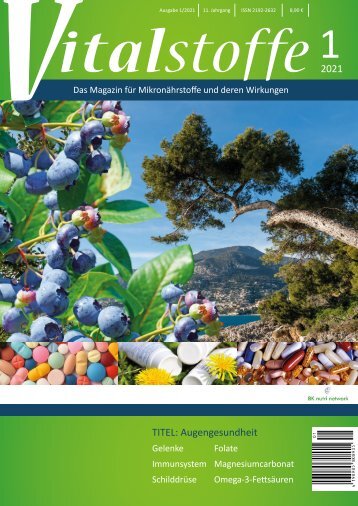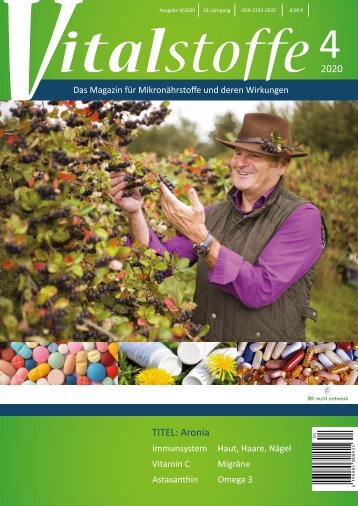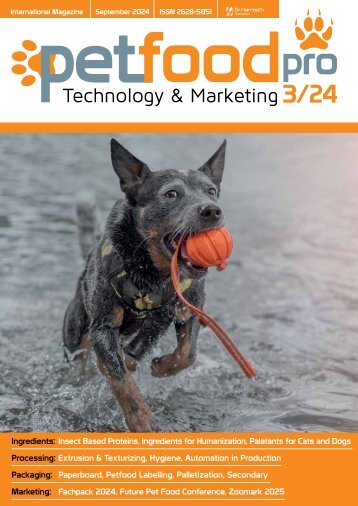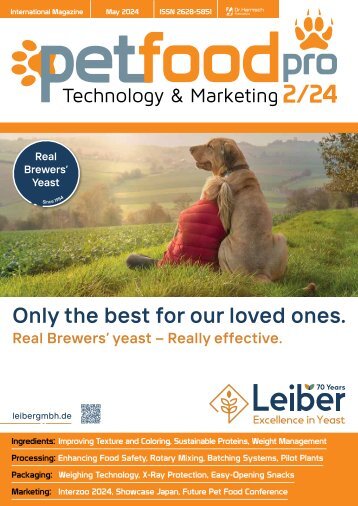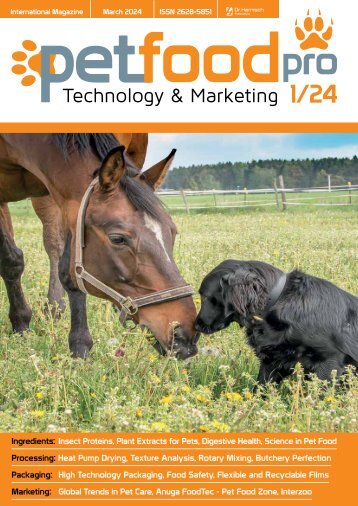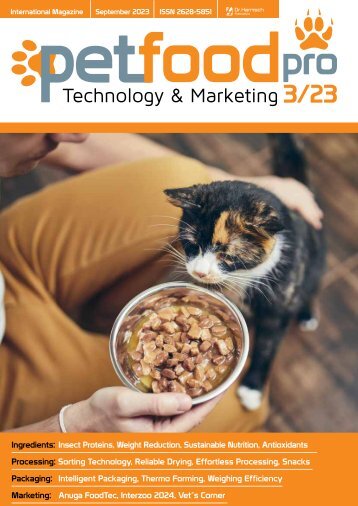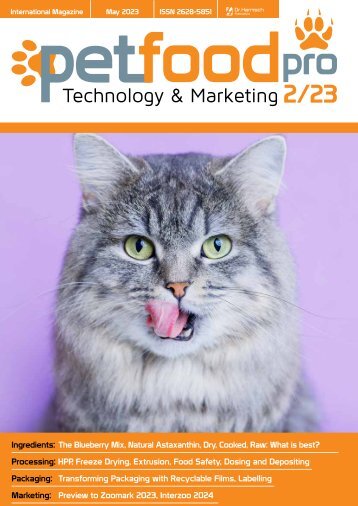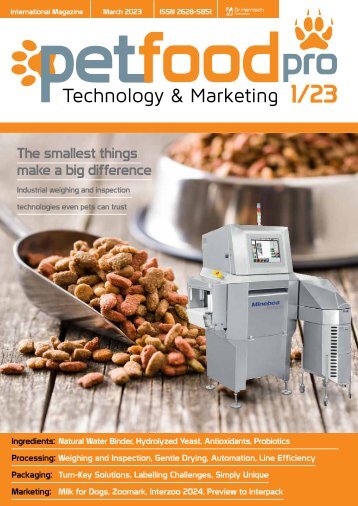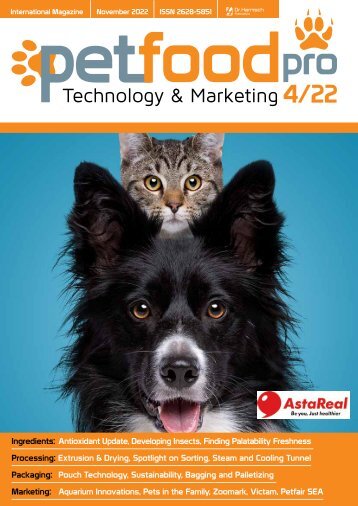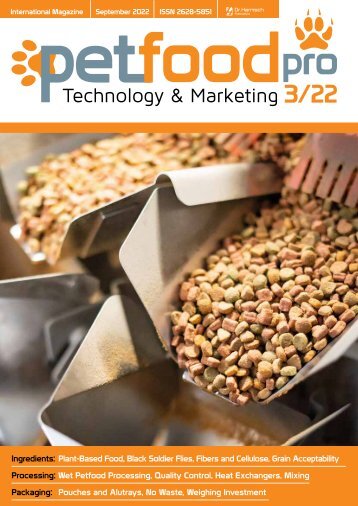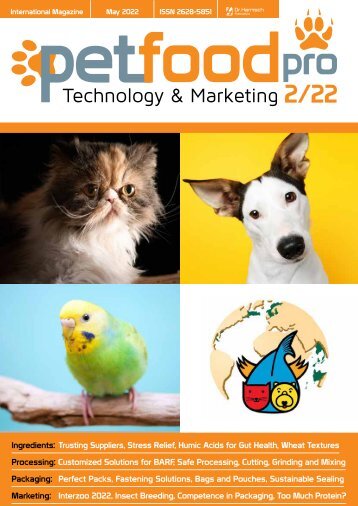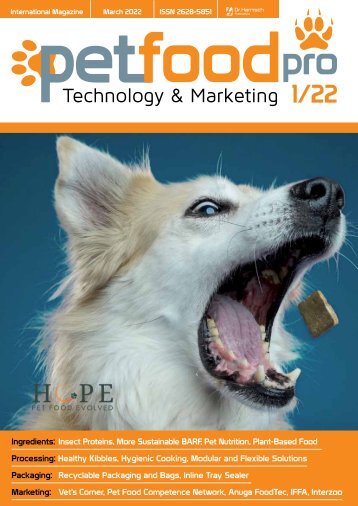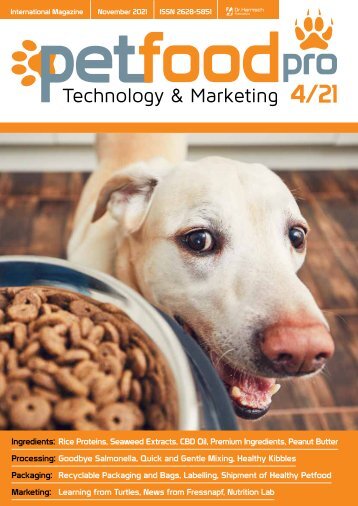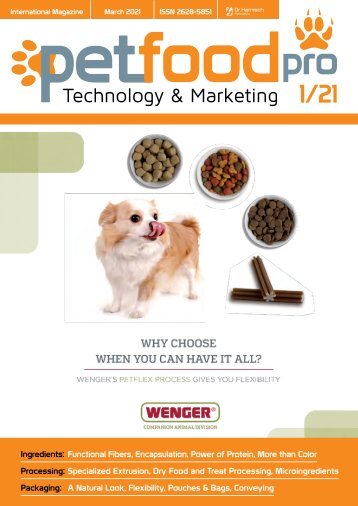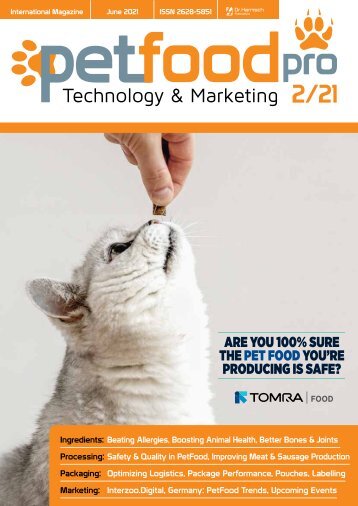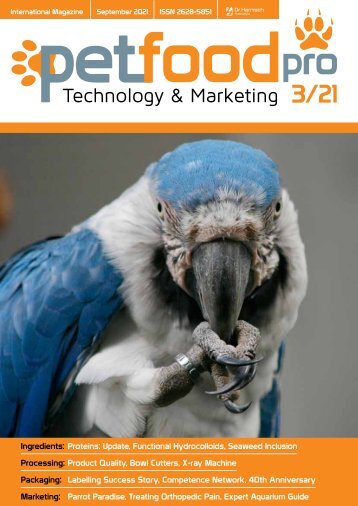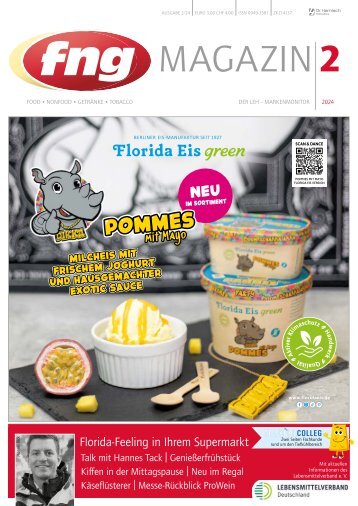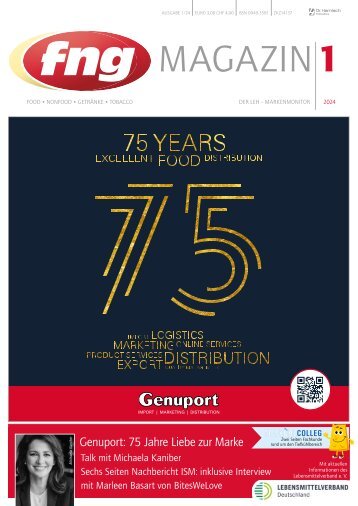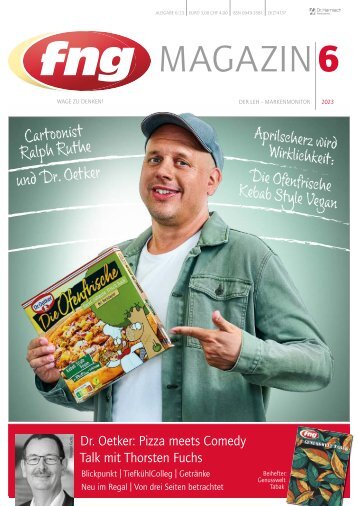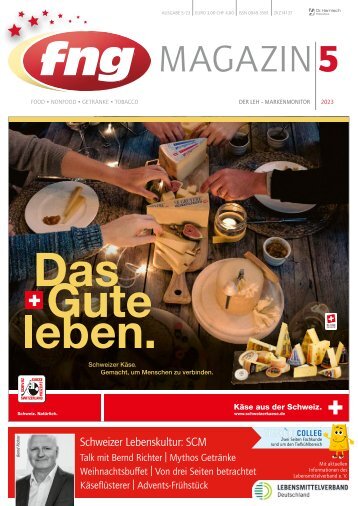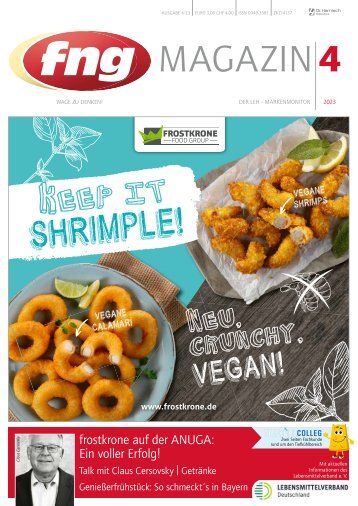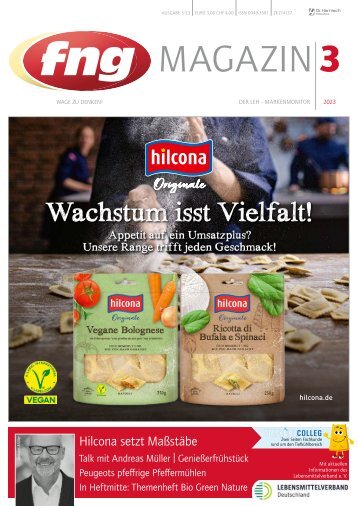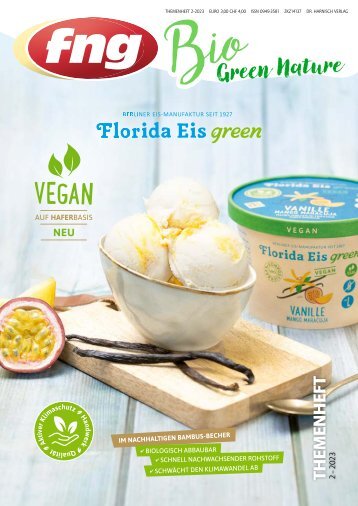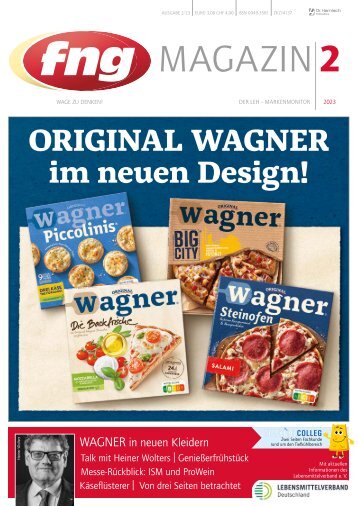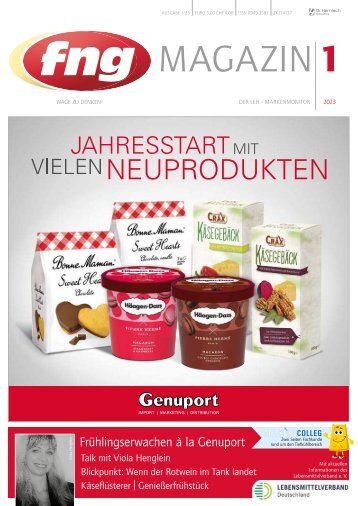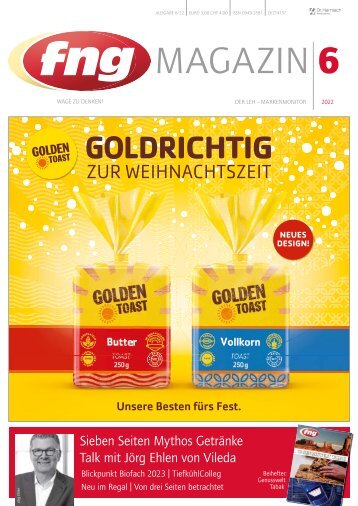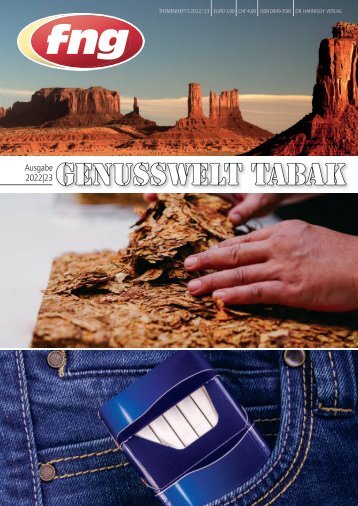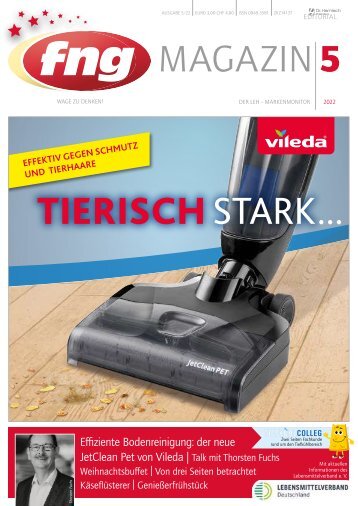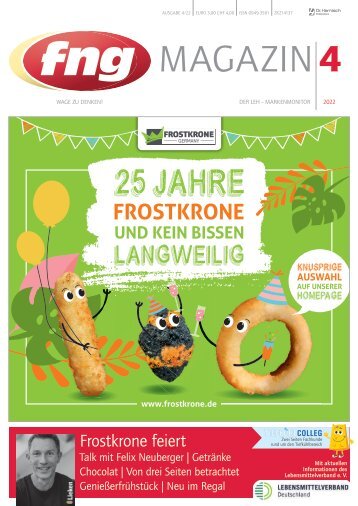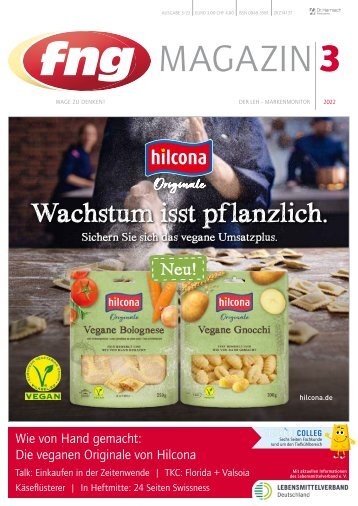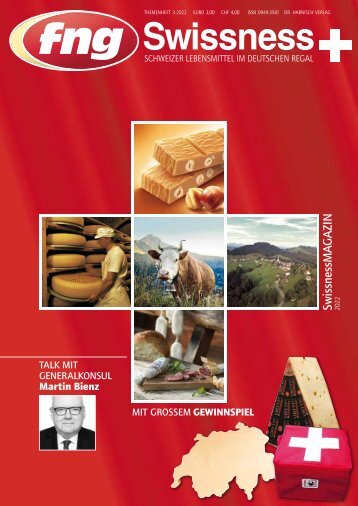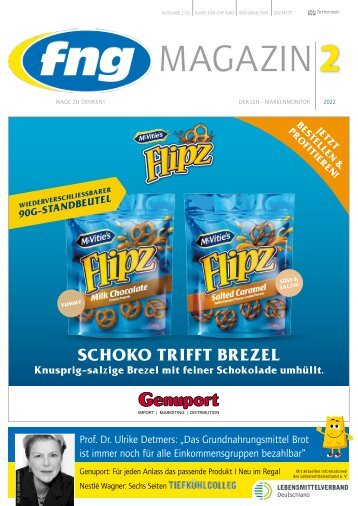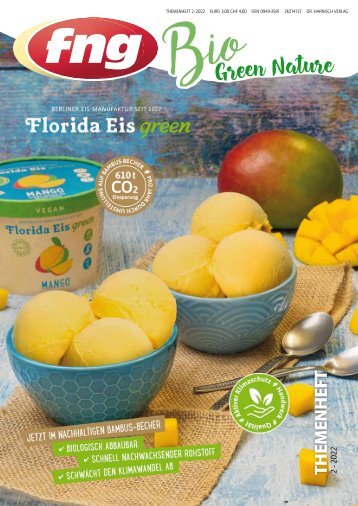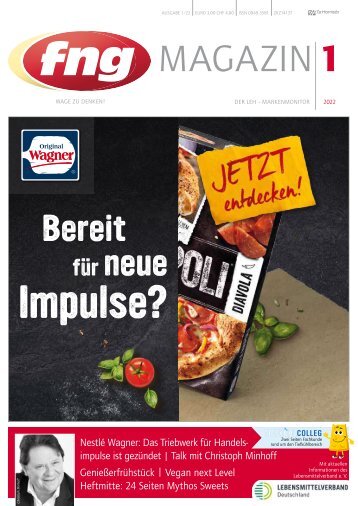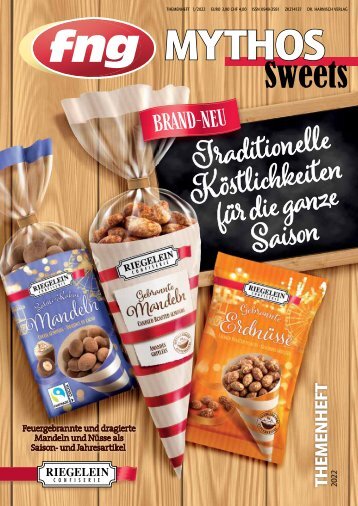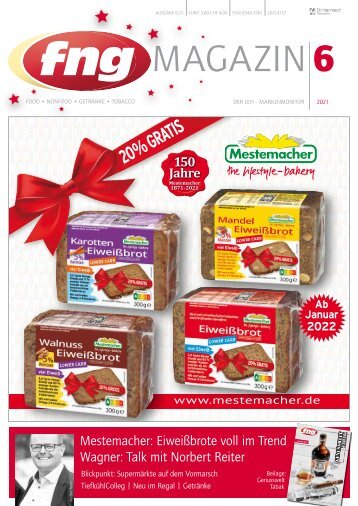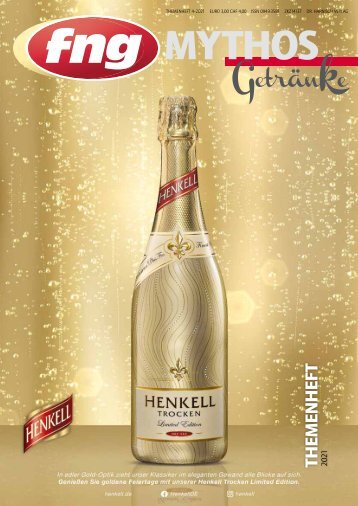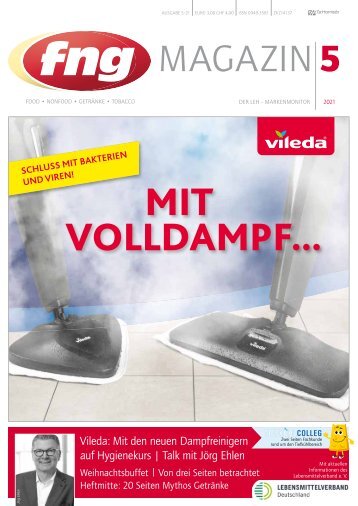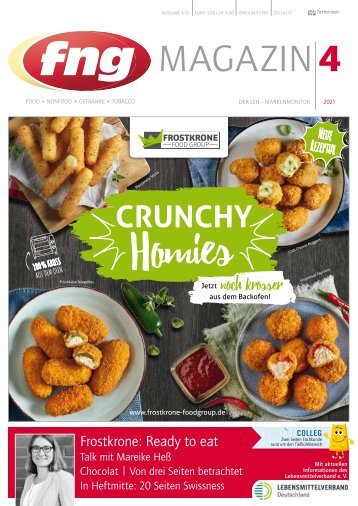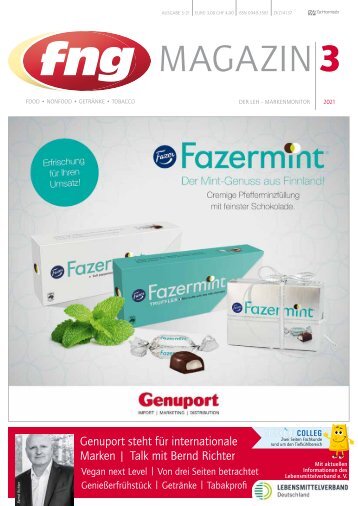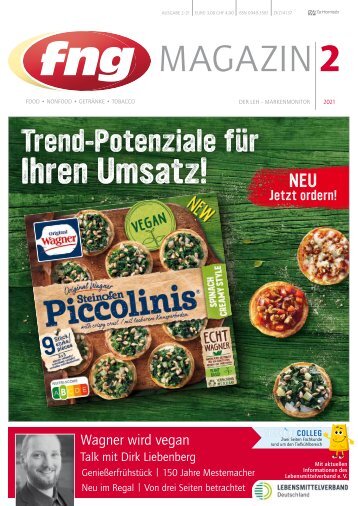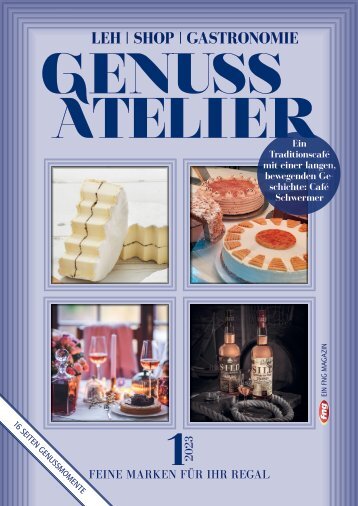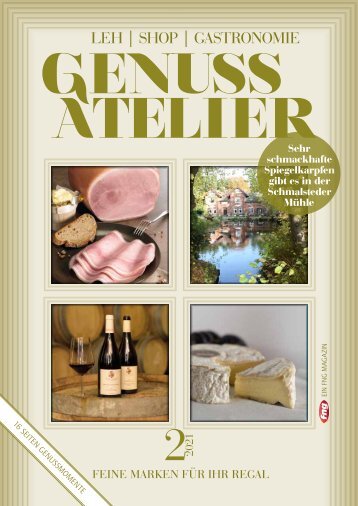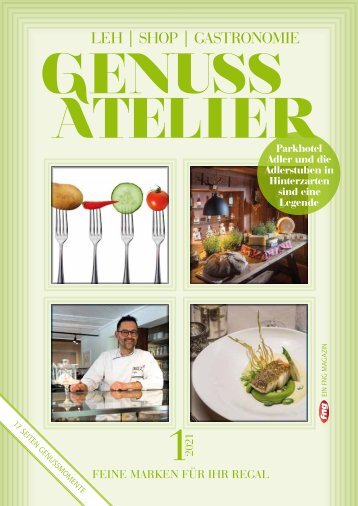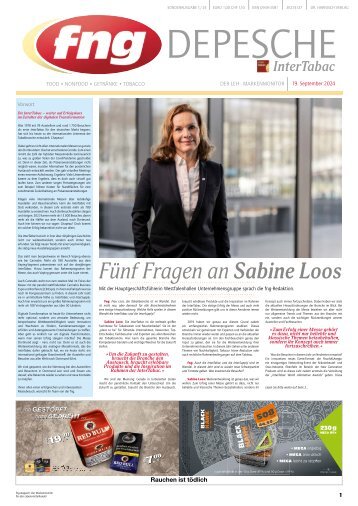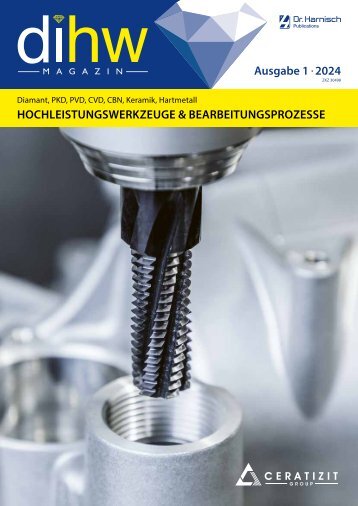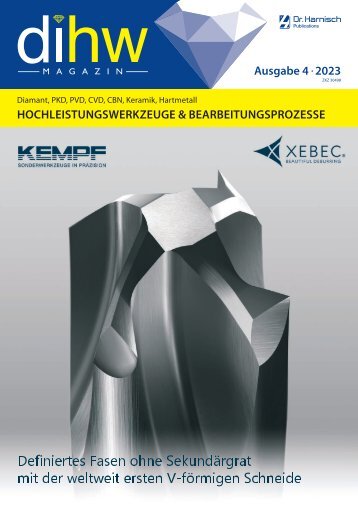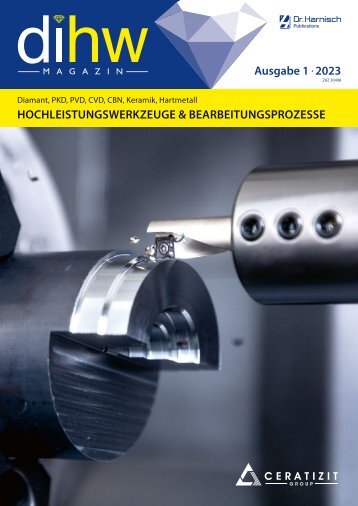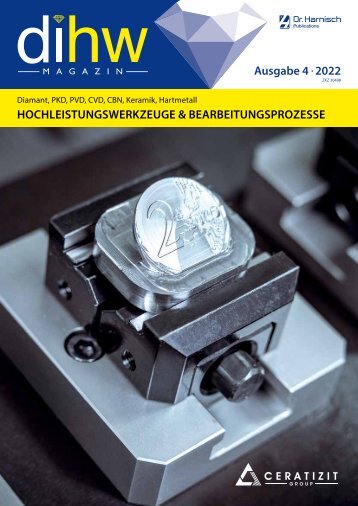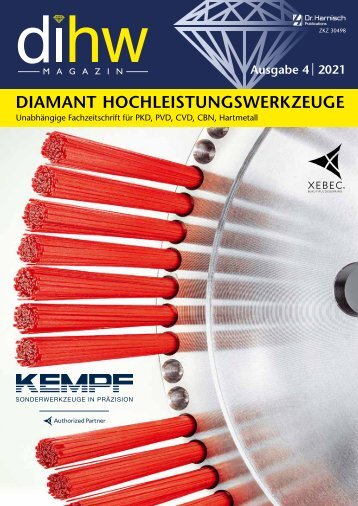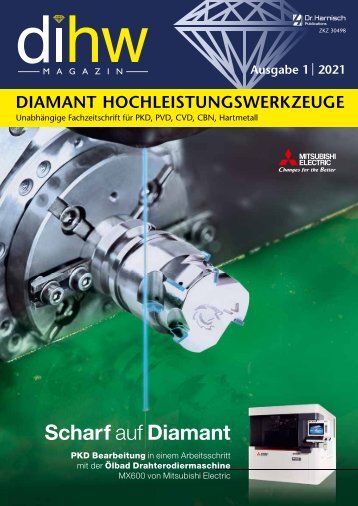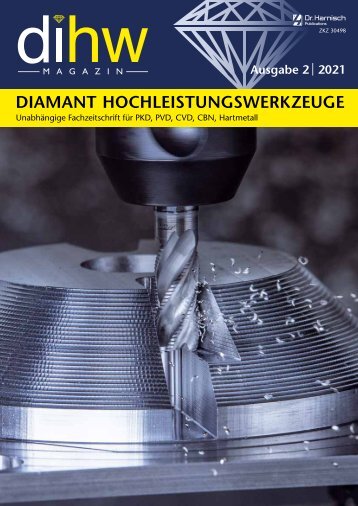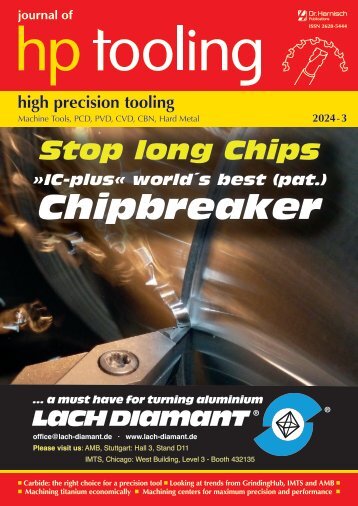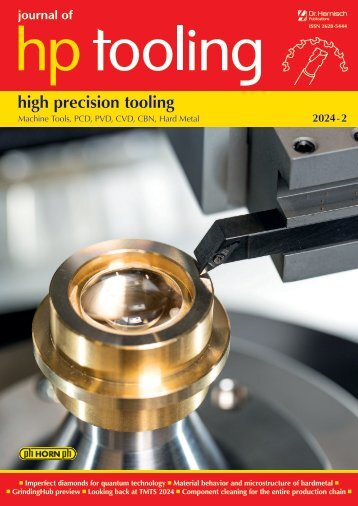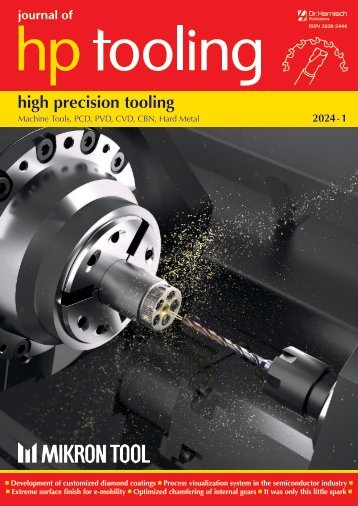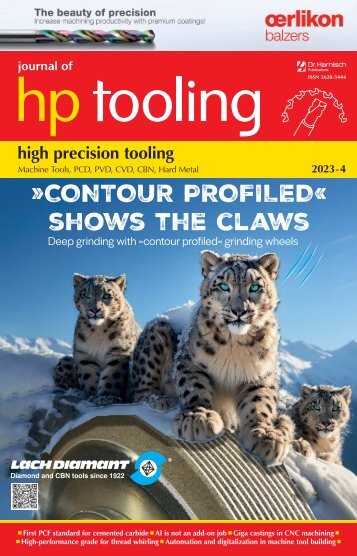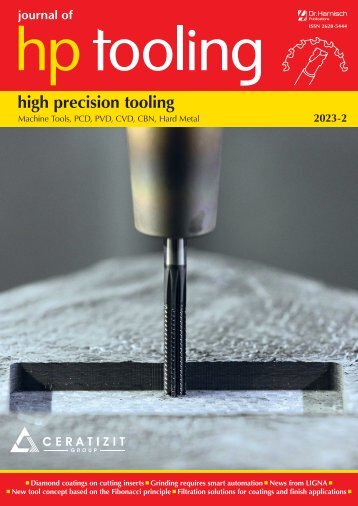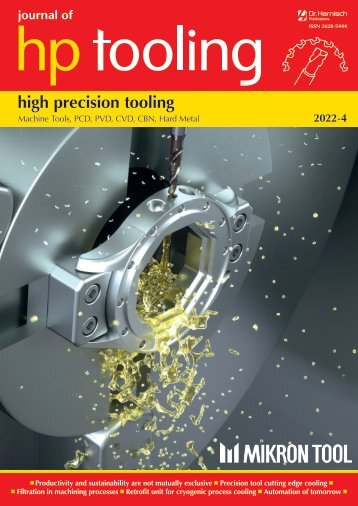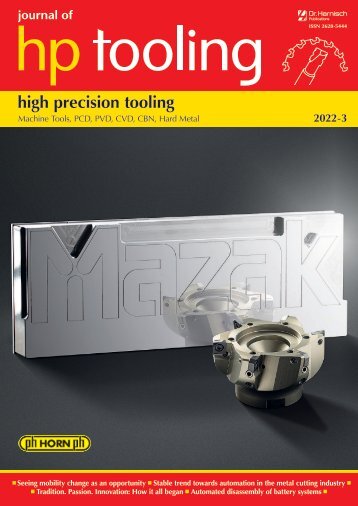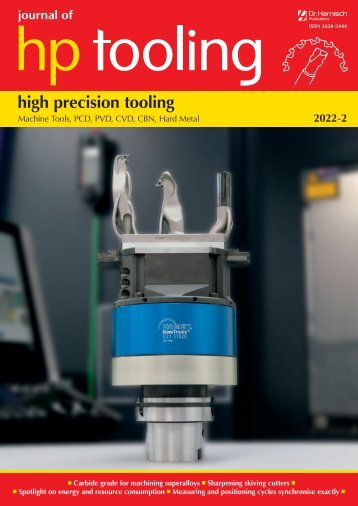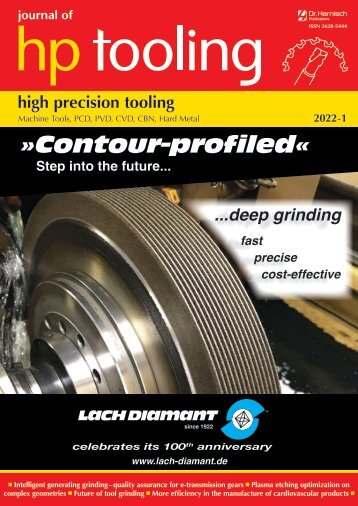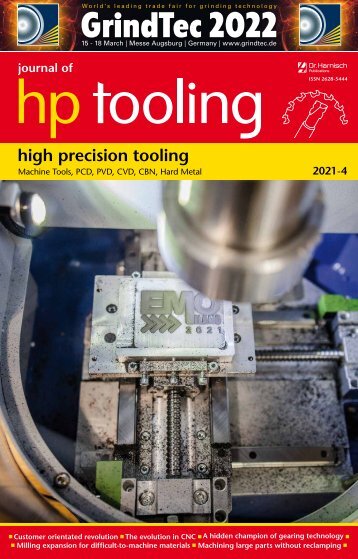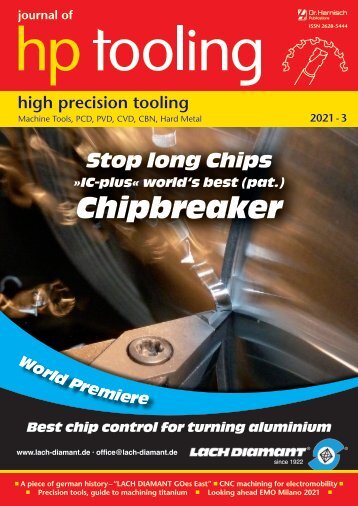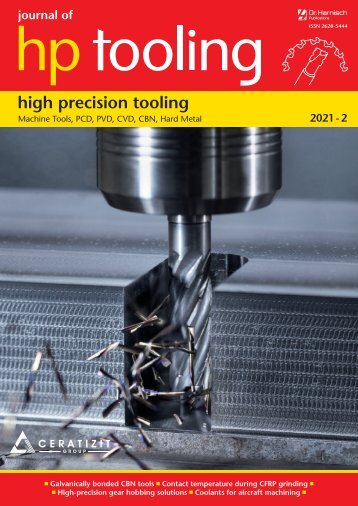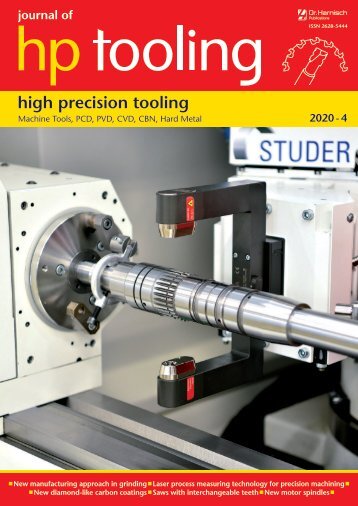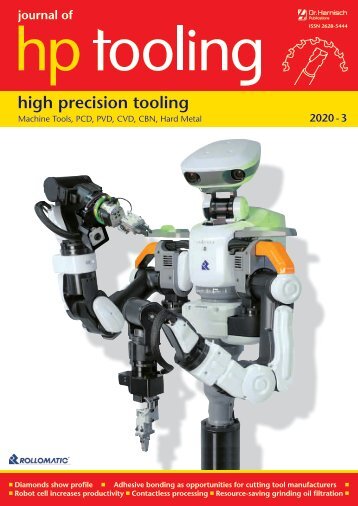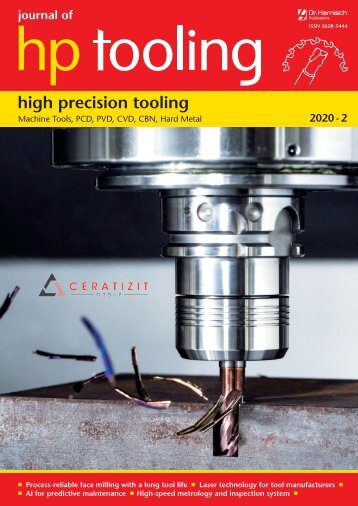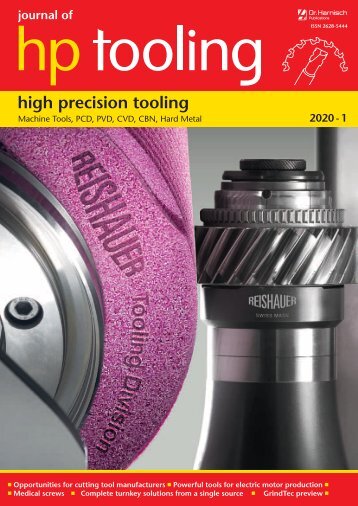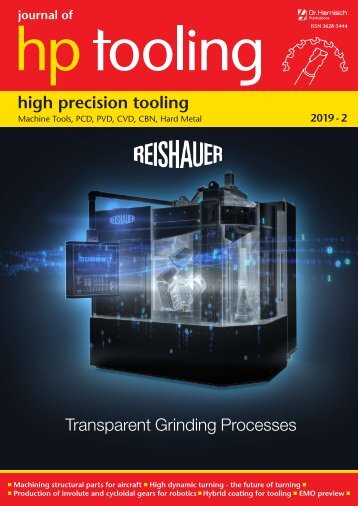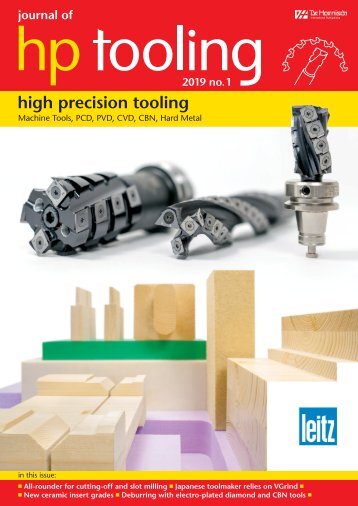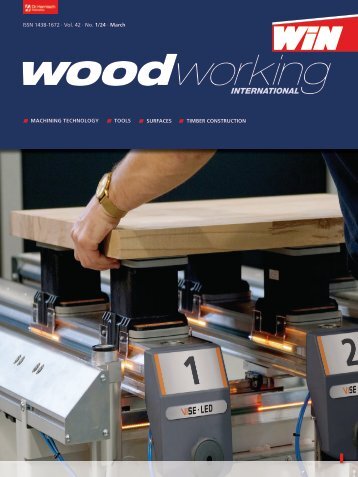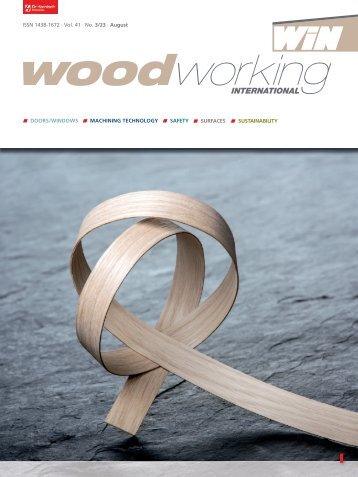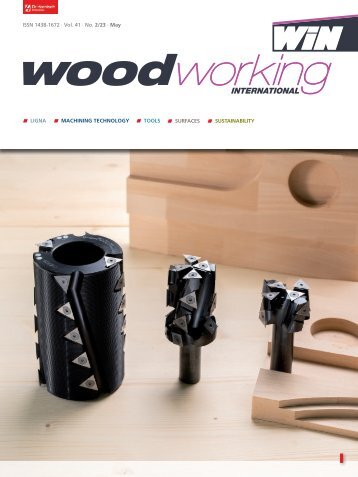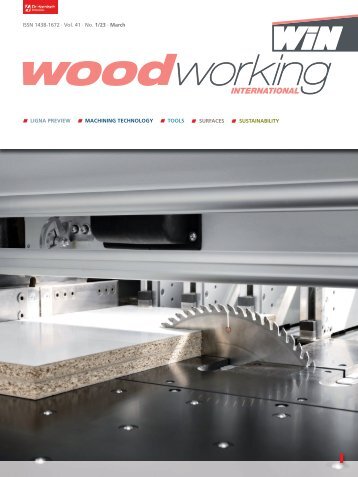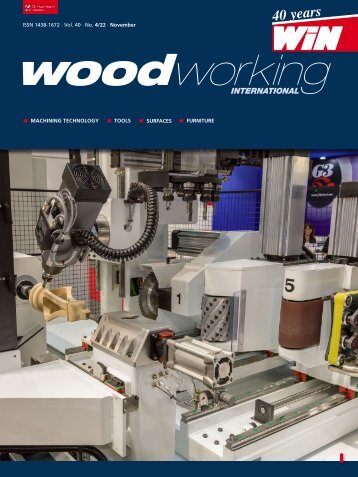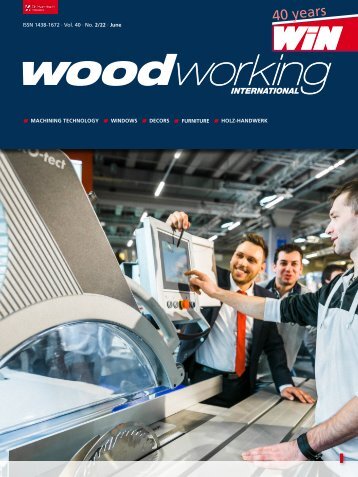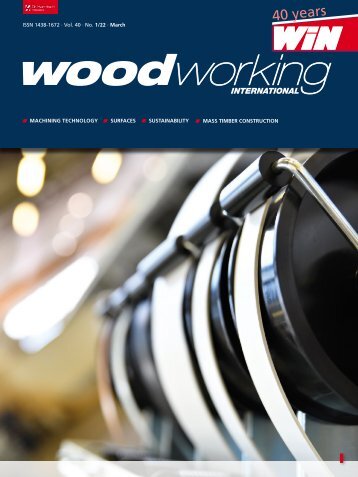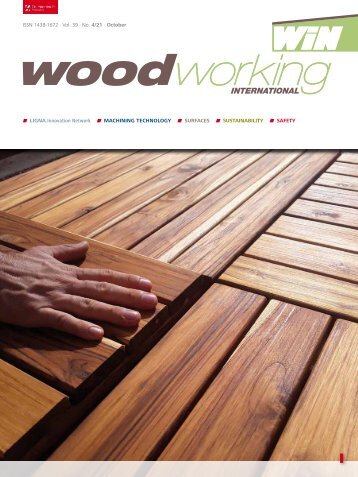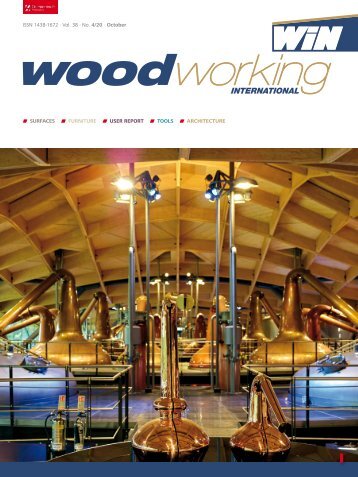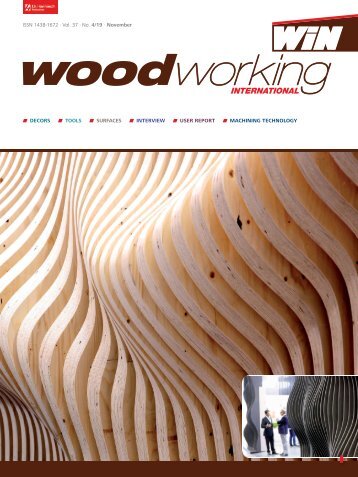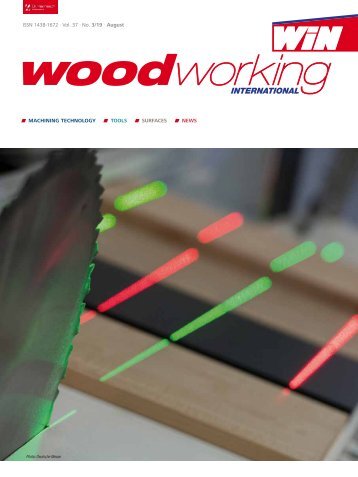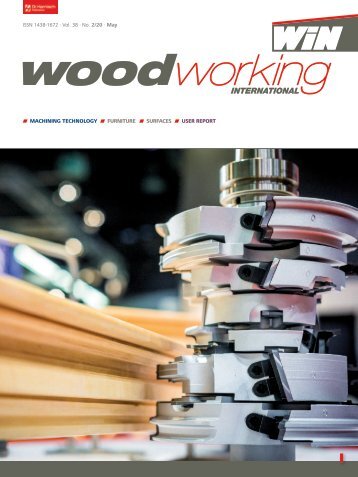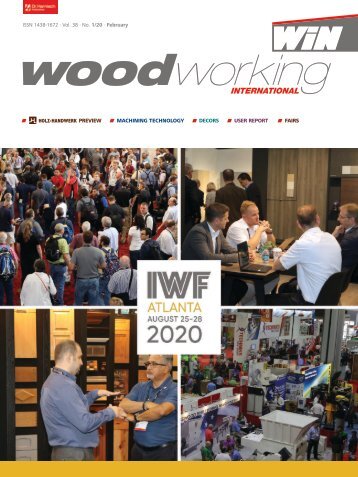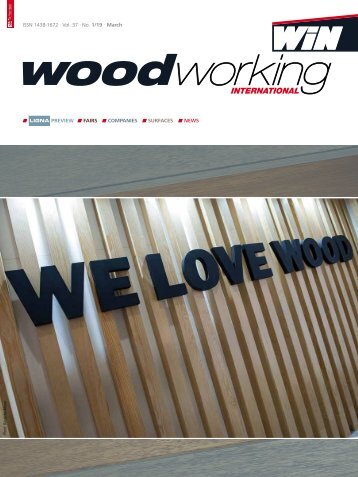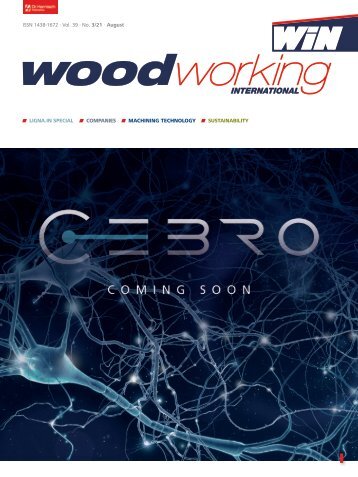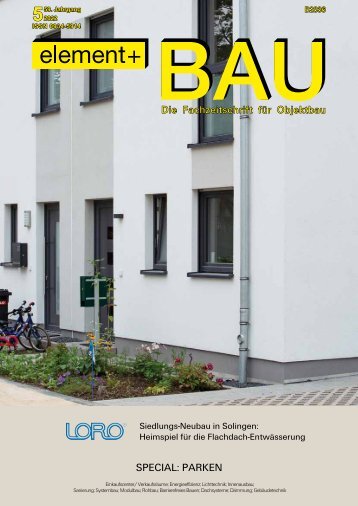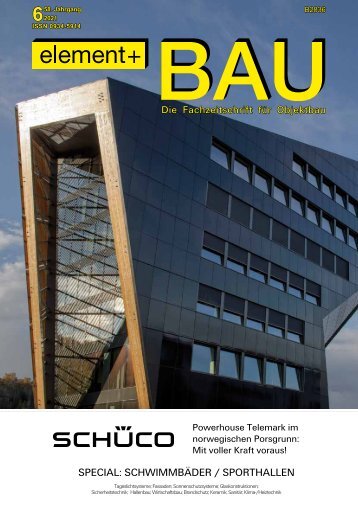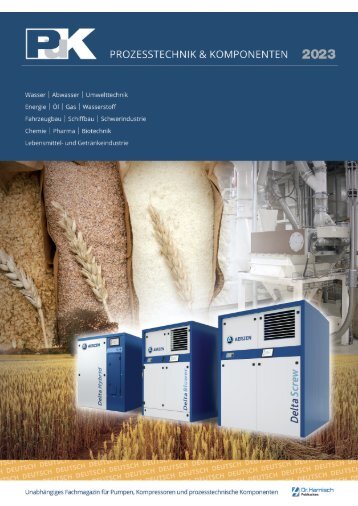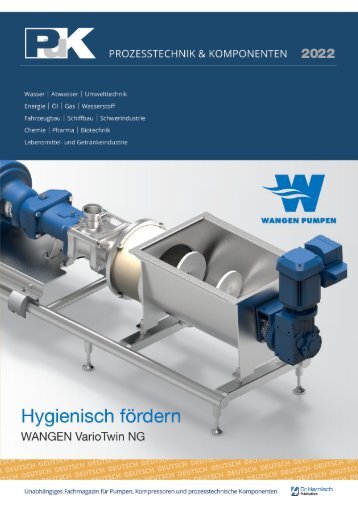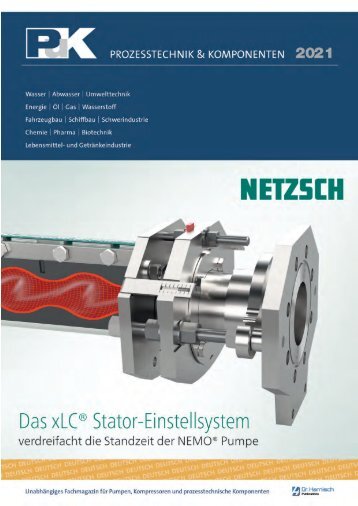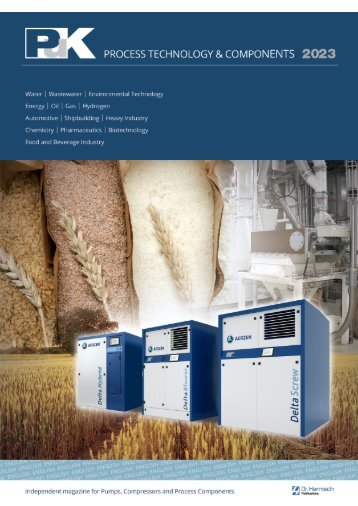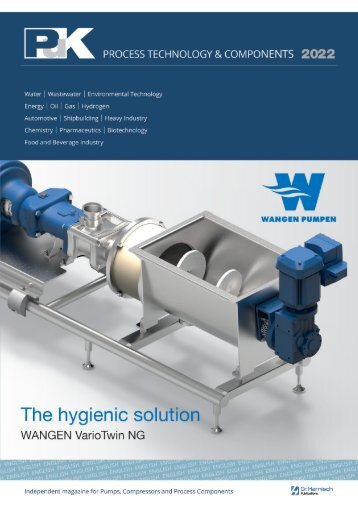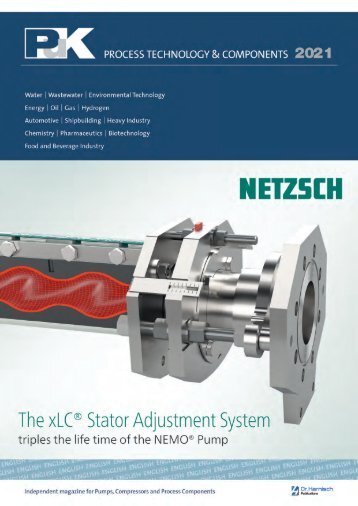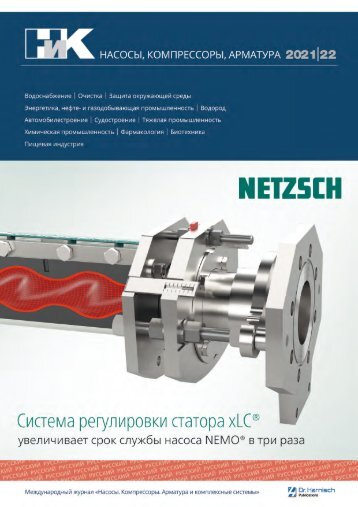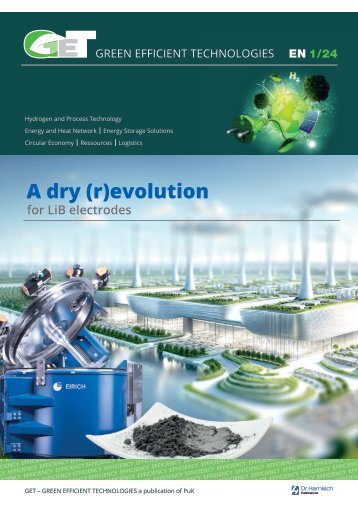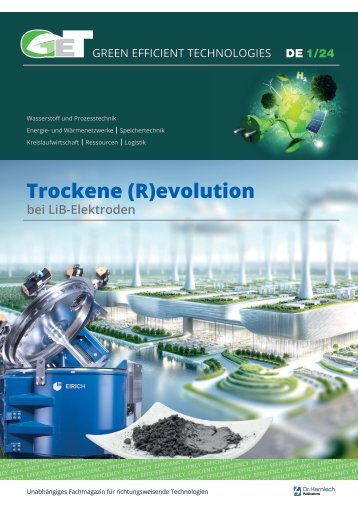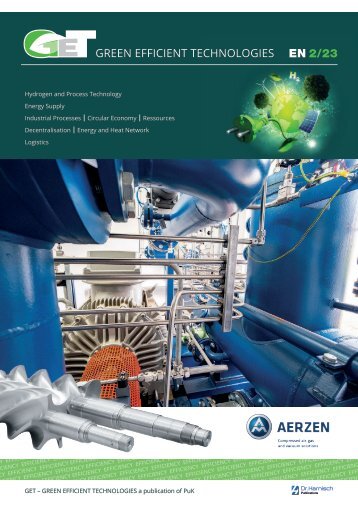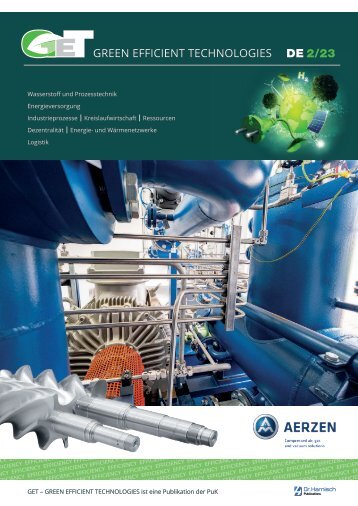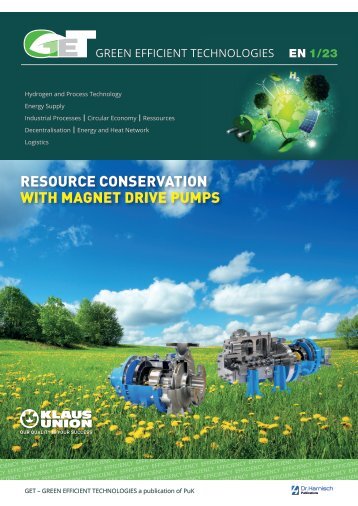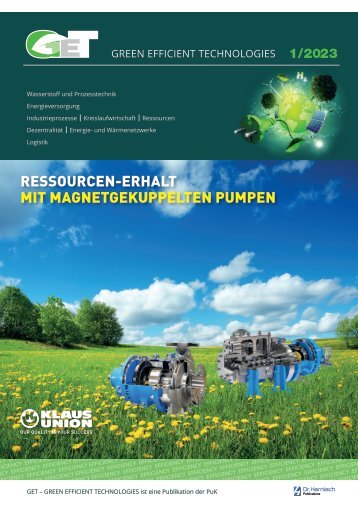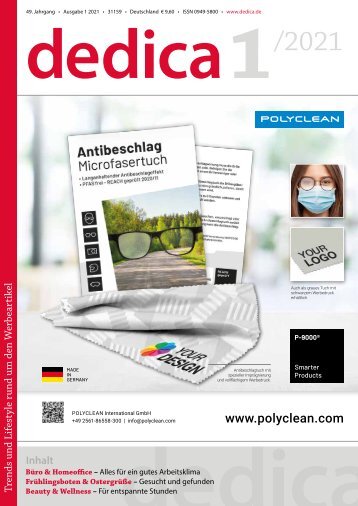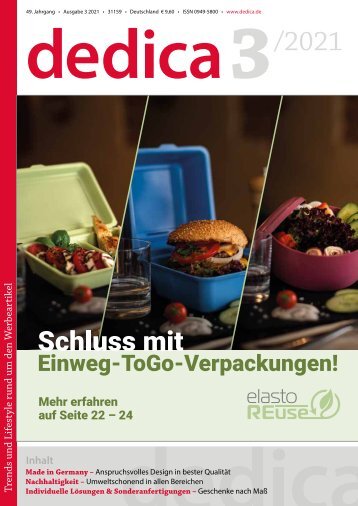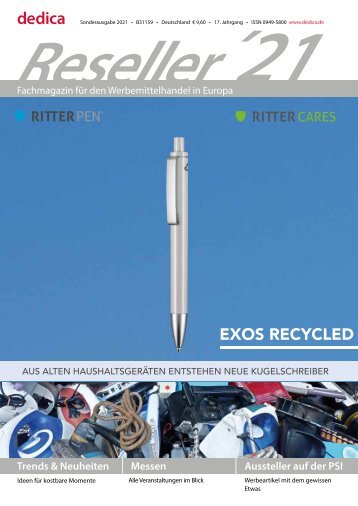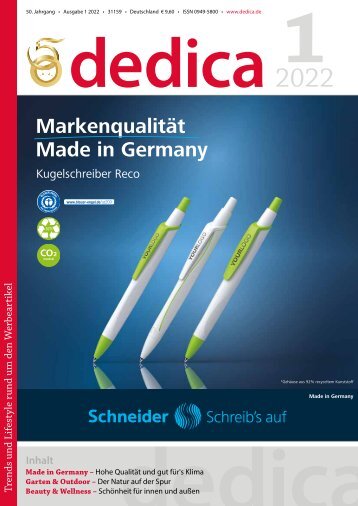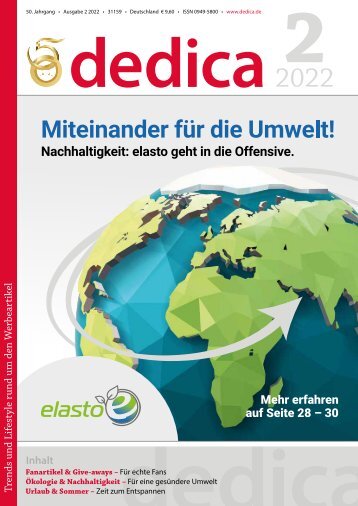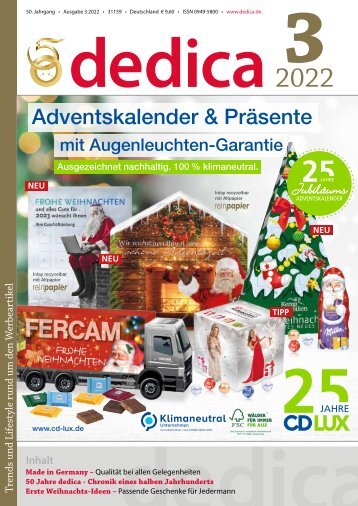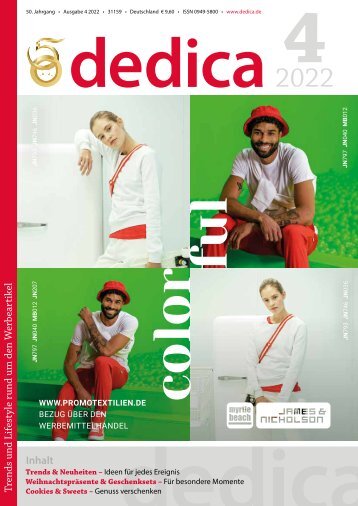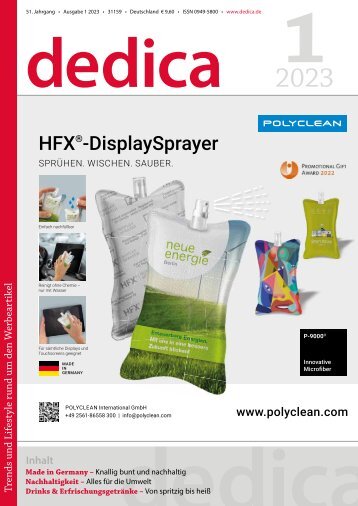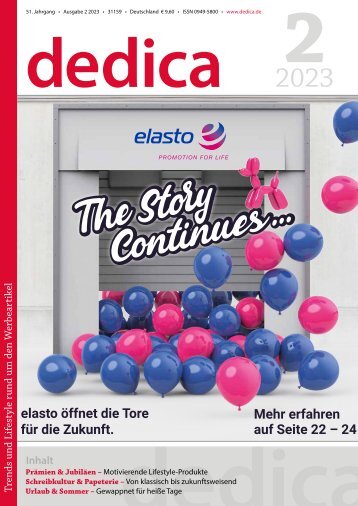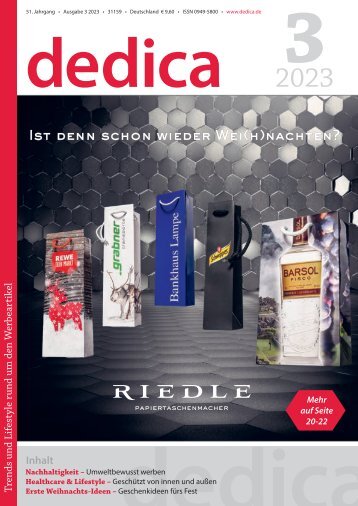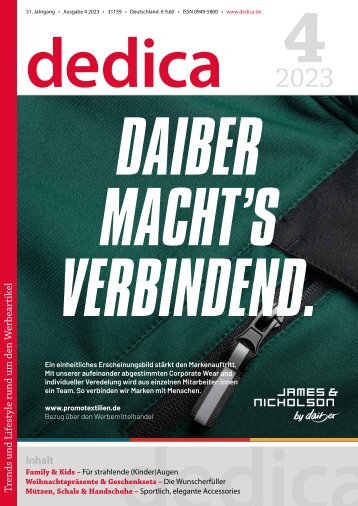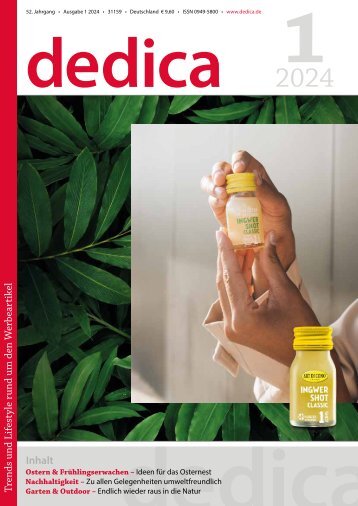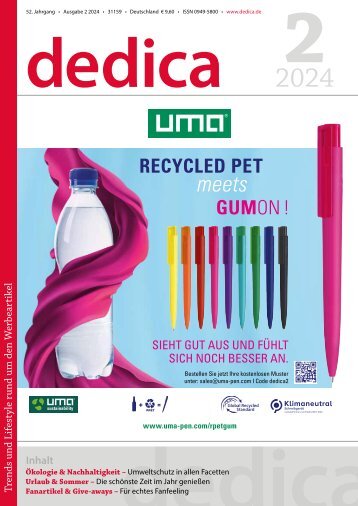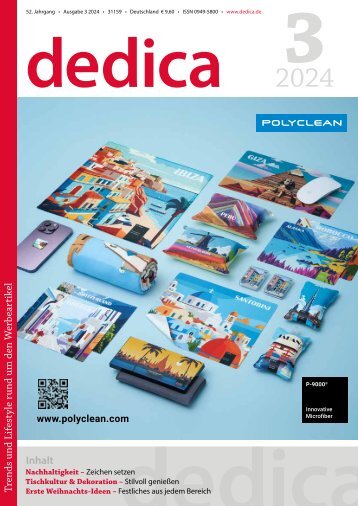food Marketing - Technology 5/2022
- Text
- Harnischcom
- Coconut
- Processes
- Packaging
- Processing
- Ingredients
- Germany
- Products
- Cinnamon
- October
- Marketing
Ingredients has not
Ingredients has not prevented many claims of MC replacement by several companies. The ingredient list for Impossible Foods’ plant based burger is nearly 20 items long of which MC is seventh as indicated in the below list: Water, Soy Protein Concentrate, Coconut Oil, Sunflower Oil, Natural Flavors, 2% Or Less Of: Potato Protein, Methylcellulose, Yeast Extract, Cultured Dextrose, Food Starch Modified, Soy Leghemoglobin, Salt, Mixed Tocopherols (Antioxidant), Soy Protein Isolate, Vitamins and Minerals (Zinc Gluconate, Thiamine Hydrochloride (Vitamin B1), Niacin, Pyridoxine Hydrochloride (Vitamin B6), Riboflavin (Vitamin B2), Vitamin B12). Here is the same list with MC removed. How much simpler and cleaner does it look? Water, Soy Protein Concentrate, Coconut Oil, Sunflower Oil, Natural Flavors, 2% Or Less Of: Potato Protein, Yeast Extract, Cultured Dextrose, Food Starch Modified, Soy Leghemoglobin, Salt, Mixed Tocopherols (Antioxidant), Soy Protein Isolate, Vitamins and Minerals (Zinc Gluconate, Thiamine Hydrochloride (Vitamin B1), Niacin, Pyridoxine Hydrochloride (Vitamin B6), Riboflavin (Vitamin B2), Vitamin B12). Besides MC, two other ingredients in the Impossible Burger are probably on the ‘to be replaced’ list by formulators, soy leghemoglobin, a GMO ingredient and modified starches because modified anything is a consumer concern. The ingredient list for Beyond Meat burgers is a little longer but perhaps “Cleaner” because no GMO need be declared: Water, pea protein*, expeller-pressed canola oil, refined coconut oil, rice protein, natural flavors, dried yeast, cocoa butter, methylcellulose, and less than 1% of potato starch, salt, potassium chloride, beet juice color, apple extract, pomegranate concentrate, sunflower lecithin, vinegar, lemon juice concentrate, vitamins and minerals (zinc sulfate, niacinamide [vitamin B3], pyridoxine hydrochloride [vitamin B6], cyanocobalamin [vitamin B12], calcium pantothenate). The key differences between Impossible Foods and Beyond Meat burgers are as follows: 1. As the main protein source, Impossible Foods uses soy (GMO) and Beyond Meat uses pea (non- GMO) 2. Impossible Foods uses Soy leghemoglobin, a GMO product to mimic the red color/bleeding of regular meat. Beyond meat uses a natural color from beets. 3. Beyond Meat eschews the use of ‘modified starch’ which Impossible Food uses. Both Impossible Foods and Beyond Meat, however, rely on the unique properties of MC in their formulations. The long list of about 20 ingredients would be hard to designate as ‘clean’ by any interpretation of what is a ‘clean label’. Why then, are these plant based burgers so popular and, until recently, growing at double digit rates? The simple answer is ‘feel good’ accompanied by ‘taste good’. Consuming plant based burgers may not be ‘clean label’ but it leads to ‘clean for those consuming them. The main arguments driving plant based burger consumers are: animal welfare, climate change and nutrition efficiency. In exchange these same consumers are willing to sacrifice, clean label and cost as long as taste is good. The cost of plant based burgers remains significantly higher than animal based burgers. Higher costs for plant based are found at food service/fast food and at retail outlets. It is likely that plant based marketers are factoring a ‘feel good factor’ in their pricing rather than basing higher prices on raw material costs alone. So, bottom line, is it worth replacing MC in plant based burgers? In our opinion, the answer is NO. Removing MC would not make the label much cleaner, if at all. The MC would likely be replaced by one or more ingredients. The number of ingredients on the list would be the same or maybe even longer. Xanthan and konjac which gel synergistically, were in the original Impossible Foods formulation. Going back to that combination is unlikely in view, sadly, of the negative image which some consumers attribute to xanthan. Suppliers of citrus fiber with pectin content claim to have a replacement for MC. The declaration of citrus fiber is definitely cleaner sounding on a label than MC. Our technical insight, 16 food Marketing & Technology • October 2022
Ingredients however, still places a significant functional advantage with MC which would have to be sacrificed in going to a citrus fiber. Replacing MC is more complex than meets the eye. There are several grades of MC offered in plant based formulations by several producers. There are differences in functionality and performance even within the supply of MC itself. Some grades for example will produce the right “knack” in a plant based sausage whereas that of another supplier will not even if product specifications are the same. From a consumer point of view, replacing MC would not change the primary reason(s) for which they are consuming plant based burgers. Consumer concerns include the environment (global warming), animal welfare, social conscience. These are the main drivers to plant based burgers but there is also the novelty aspect of trying ‘something different’. Price is not a ‘deal breaker’ for plant based burgers which are generally more costly than animal products. One consumer when asked “How much more did you pay for the plant based burger” said, “Oh I forgot to check”. i.e. price was no object. That is not to say that price is not a consideration for the general public. Burgers, especially in the fast food service outlets, are the staple of cost conscious consumers. Coca Cola or “McClean” by McDonalds, both fiascos? Food reformulation is challenging beyond simply juggling ingredients. Methyl cellulose is a good product with a unique function. Spending too much time trying to replace it is likely to be wasteful and fruitless. fmt The Authors: Dennis Seisun is Founder of IMR International. Nesha Zalesny, Food Scientist, is Partner at IMR and together they are publishers of The Quarterly Review of Hydrocolloids, the information center for food texture, and organizers of a global hydrocolloid conference since 1998. The next conference is in Malta April 23-25, 2023 with the headline “Battling Hydrocolloid Challenges”. R+K_AZ_2022_Food_Technology_137x187.qxp_Layout 1 29.04.22 20:07 Seite 2 Looking to the future of plant based burgers, with or without MC, there is likely to be a plateau or ‘plant based fatigue’ in the next year or two. Double digit growth may slow to single digits. The broader plant based consumer needs time to digest, pun intended, the social and economic meaning of a radical change in diet. Yes it is a radical change even if plant based burger producers do their utmost to make it hard to discern between plant based and animal based burgers. We expect a renewed growth curve for the plant based movement in the coming years. At the same time, however, we issue a caveat: Consumers are fickle they may change their mind on a whim and often not for scientifically proven reasons. Reformulation of an accepted food is risky. Remember the “New Coke” by food Marketing & Technology 17 Key No. 102794
- Seite 1 und 2: 5/22 Vol. 36 • 31377 ISSN 0932-27
- Seite 3 und 4: Editorial The Dairy Dilemma There i
- Seite 5 und 6: tting Technology 9/6/22 3:14 PM Vol
- Seite 7 und 8: Cover Story against their height po
- Seite 9 und 10: ogy 9/6/22 3:14 PM 31377 Cover Stor
- Seite 11 und 12: Ingredients Online & In-Person 28 N
- Seite 13 und 14: Ingredients using modern distillati
- Seite 15: Ingredients Key No. 102117 food Mar
- Seite 19 und 20: Ingredients methodology, the prebio
- Seite 21 und 22: Ingredients Loryma_Plant based Sala
- Seite 23 und 24: Processing food Marketing & Technol
- Seite 25 und 26: Processing If you solve the heating
- Seite 27 und 28: Transforming global food production
- Seite 29 und 30: Processing When designing equipment
- Seite 31 und 32: Processing HYGIENE TECHNOLOGY - MAD
- Seite 33 und 34: Processing dehydration, stems, peel
- Seite 35 und 36: Processing CURO-16 packing system,
- Seite 37 und 38: Packaging The Movikit software modu
- Seite 39 und 40: Packaging With the help of the auto
- Seite 41 und 42: FILTECH February 14 - 16, 2023 Colo
- Seite 43 und 44: Marketing automatically billed. In
- Seite 45 und 46: Marketing Food & Beverage Industry
- Seite 47 und 48: Marketing Visit to Equiproin in Oss
- Seite 49 und 50: Events Cinnamon oil flavoring For t
- Seite 51 und 52: Events 8-10 NOV 2022 DUBAI WORLD TR
- Seite 53 und 54: The Global Leader in Food Cutting T
Unangemessen
Laden...
Magazin per E-Mail verschicken
Laden...
Einbetten
Laden...




















